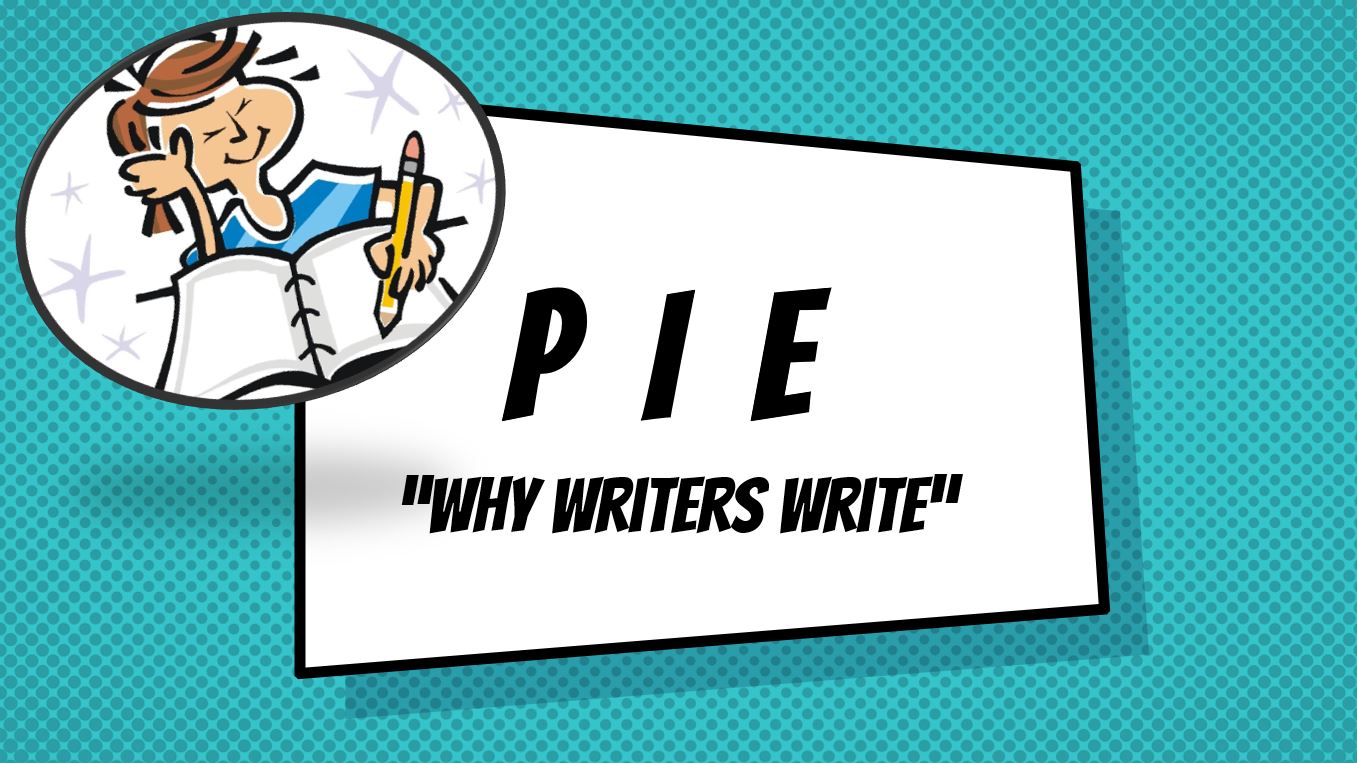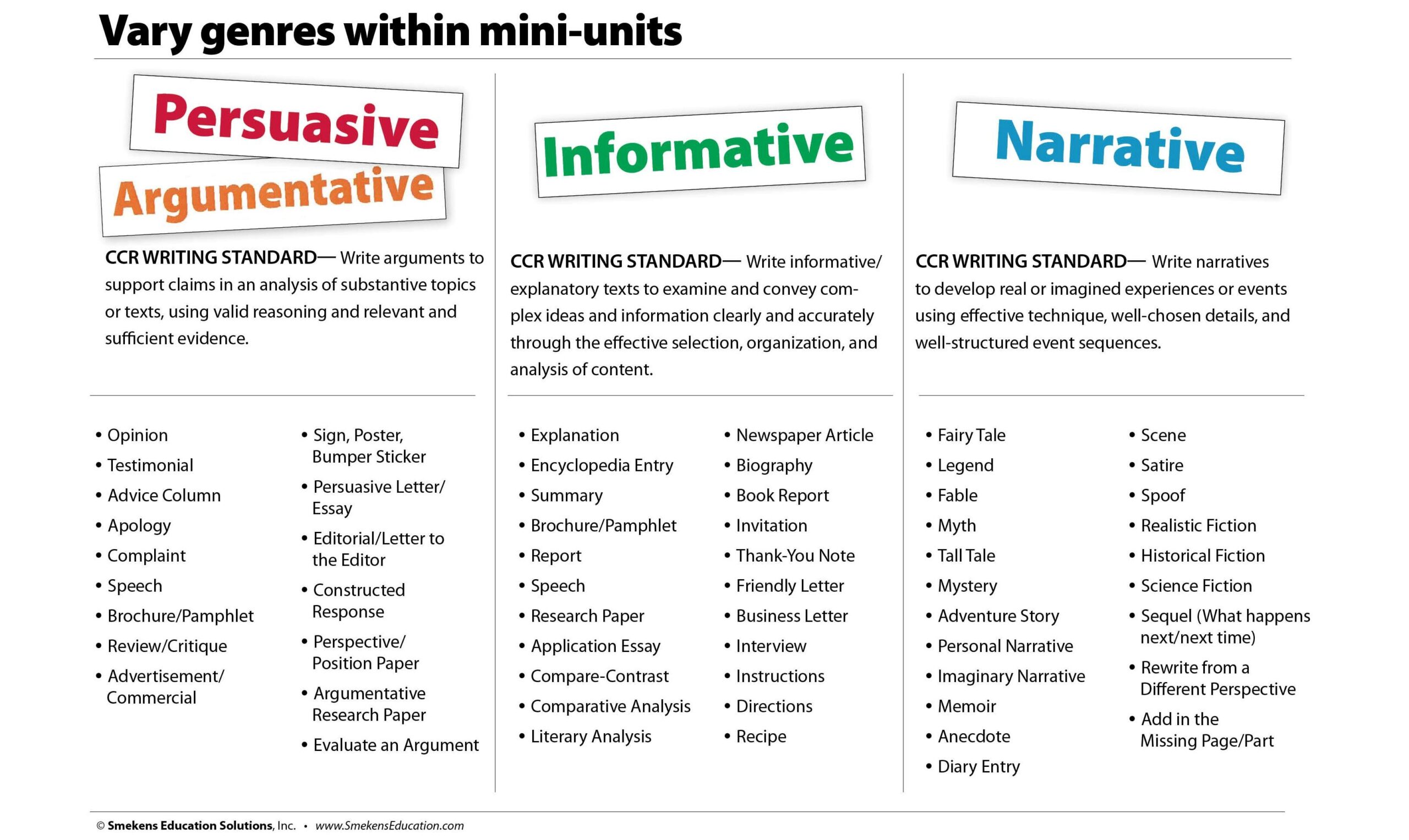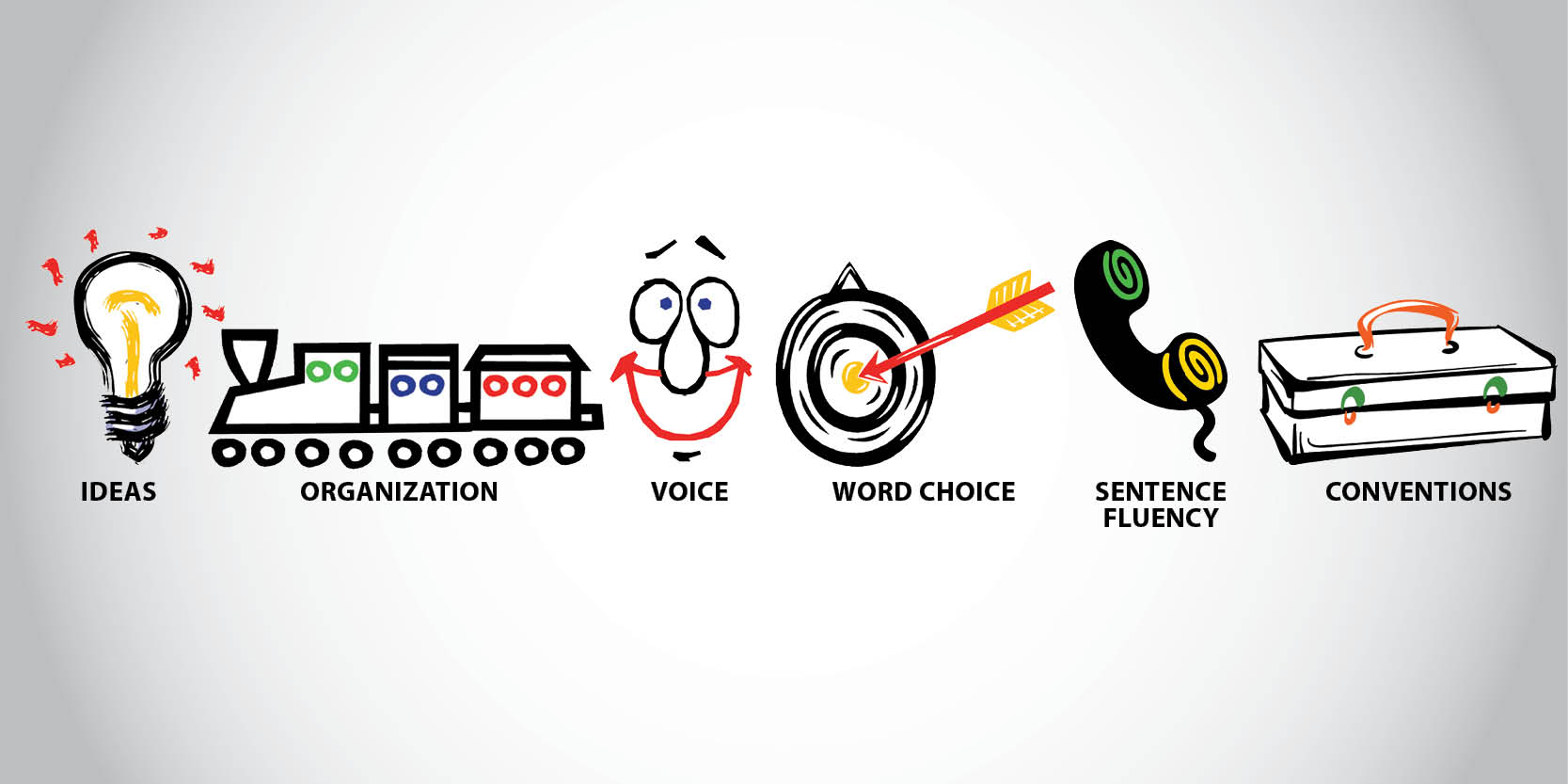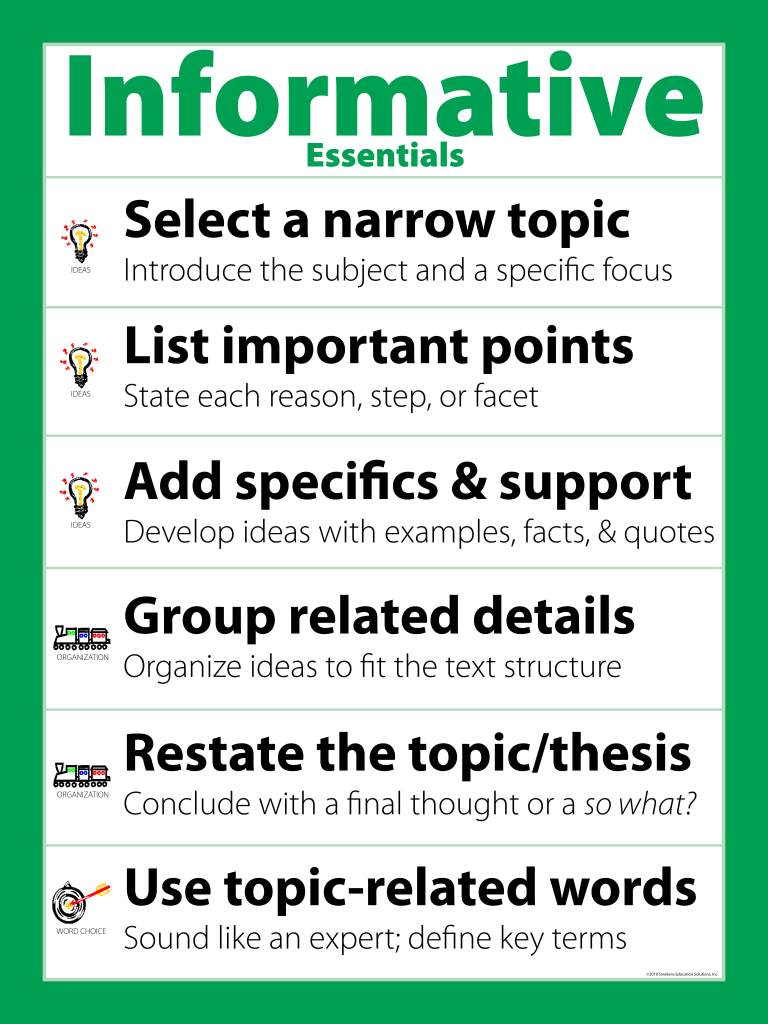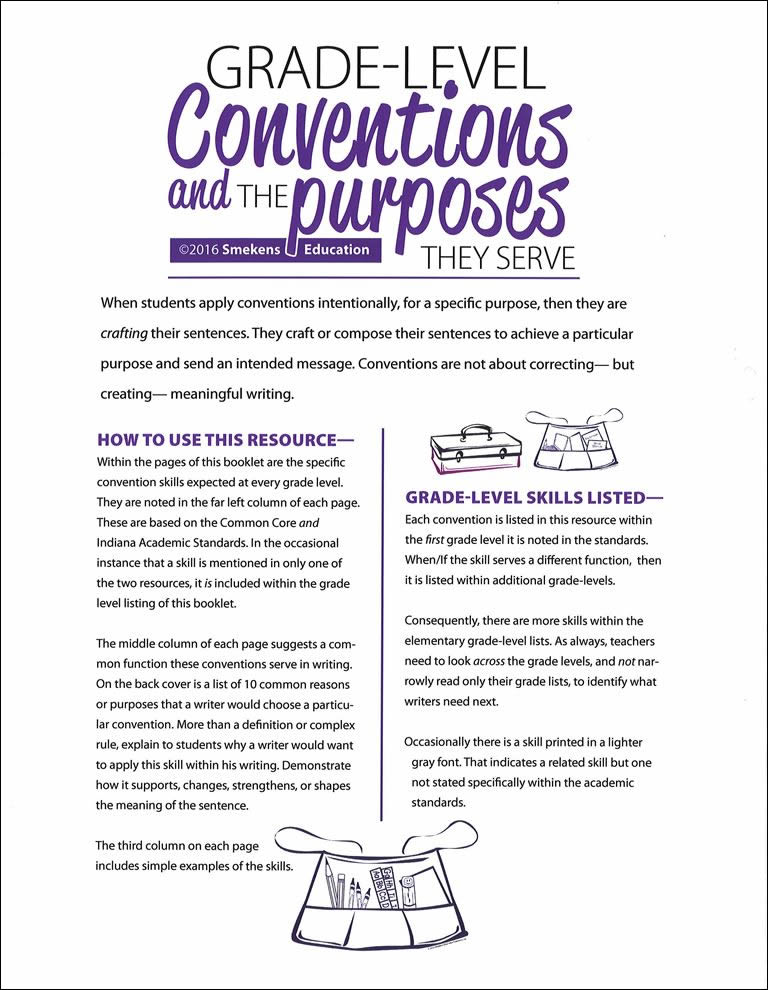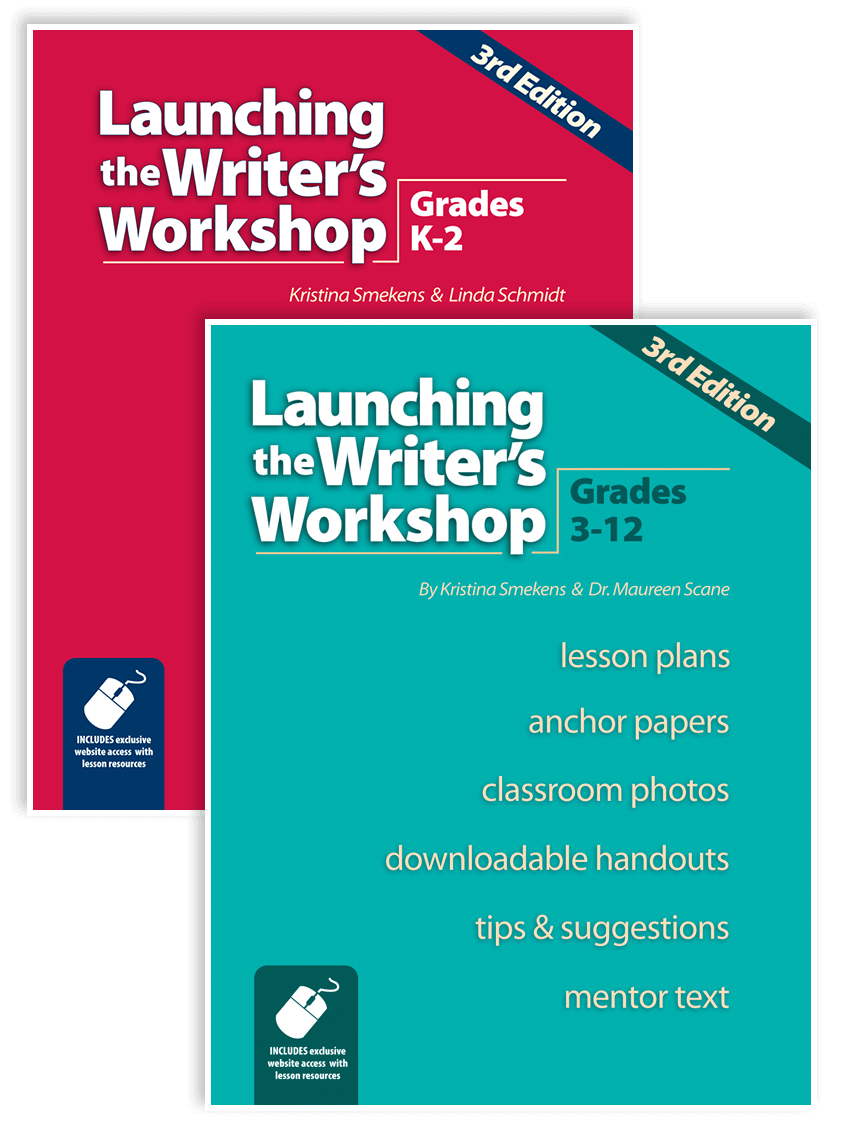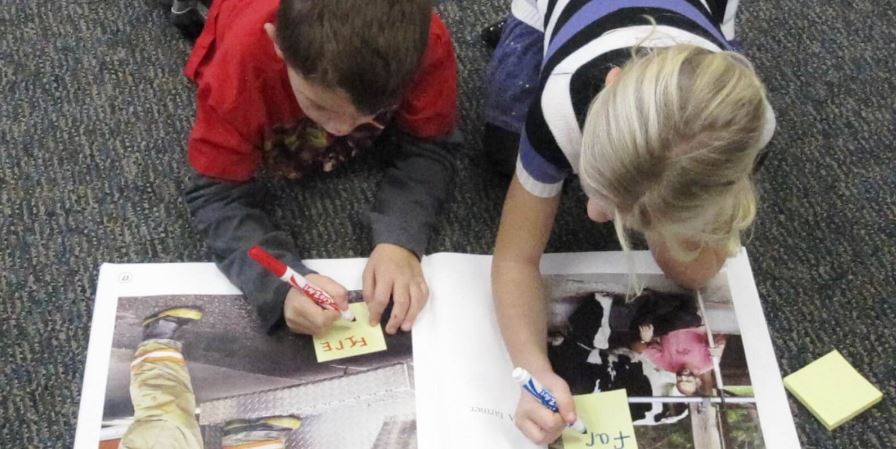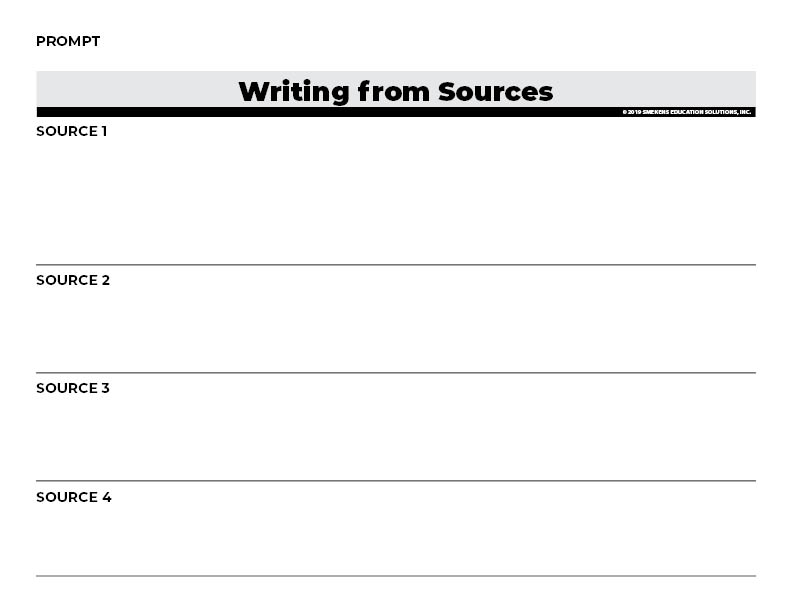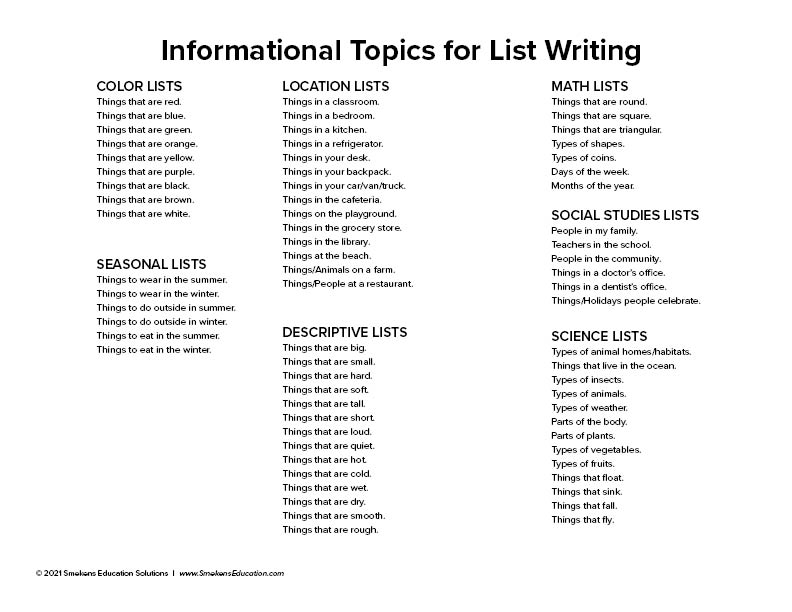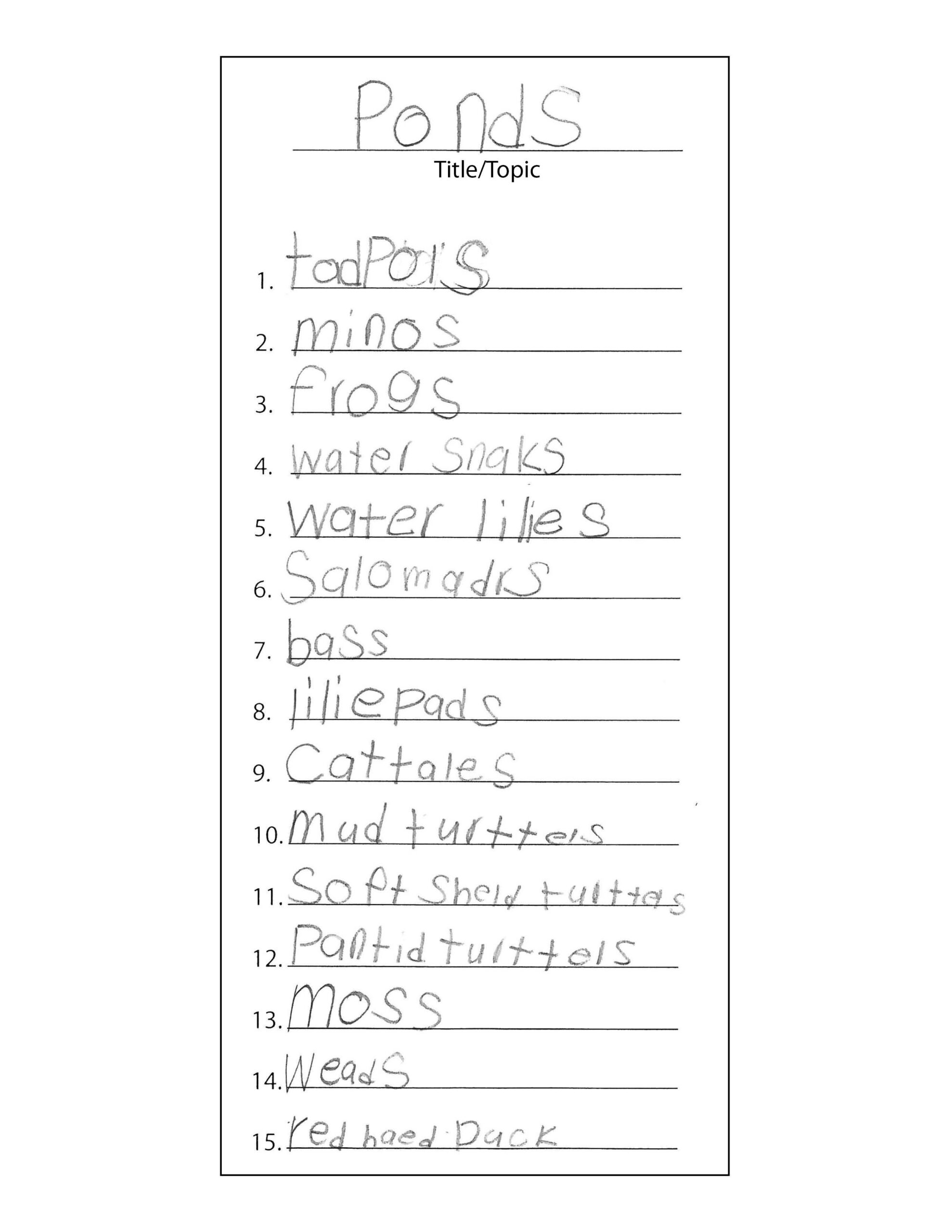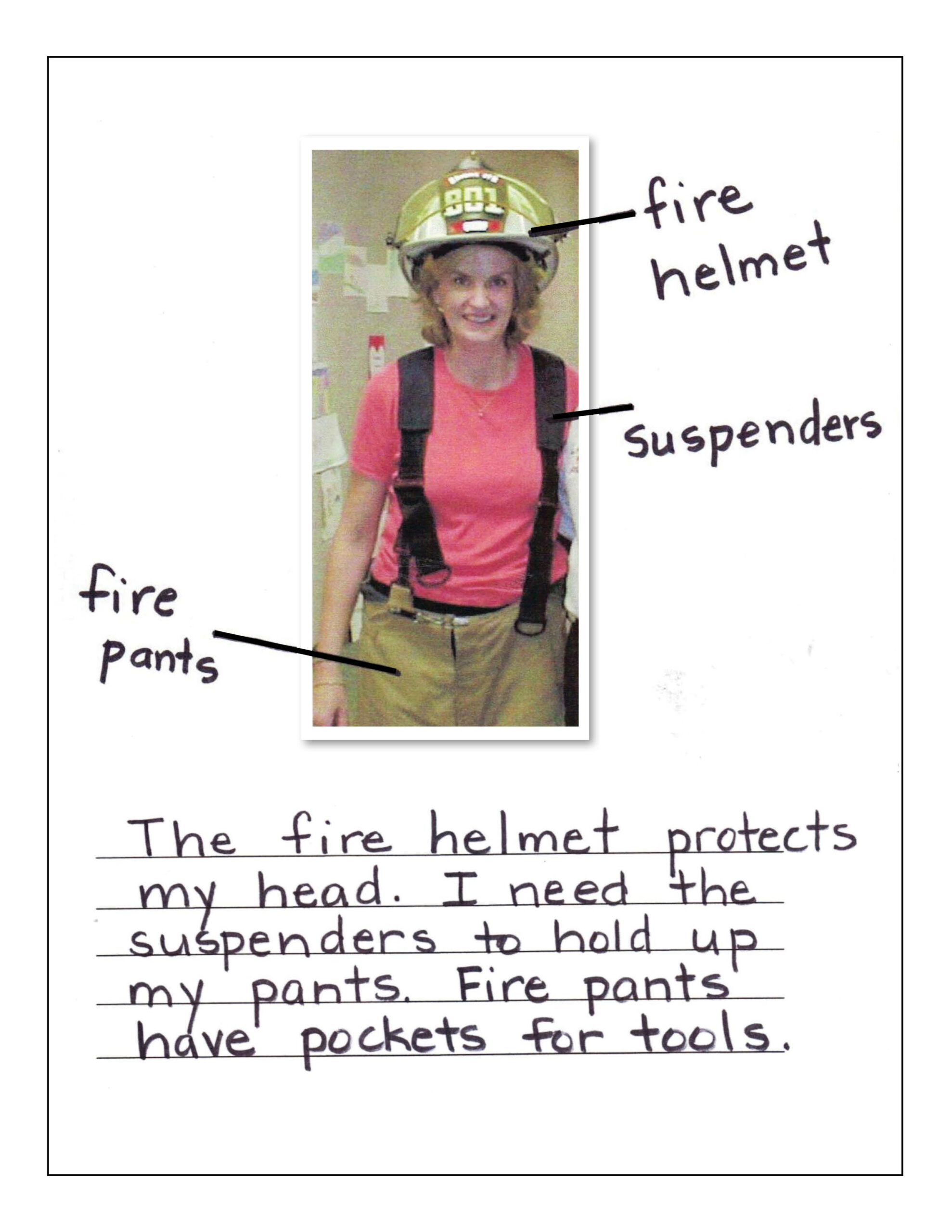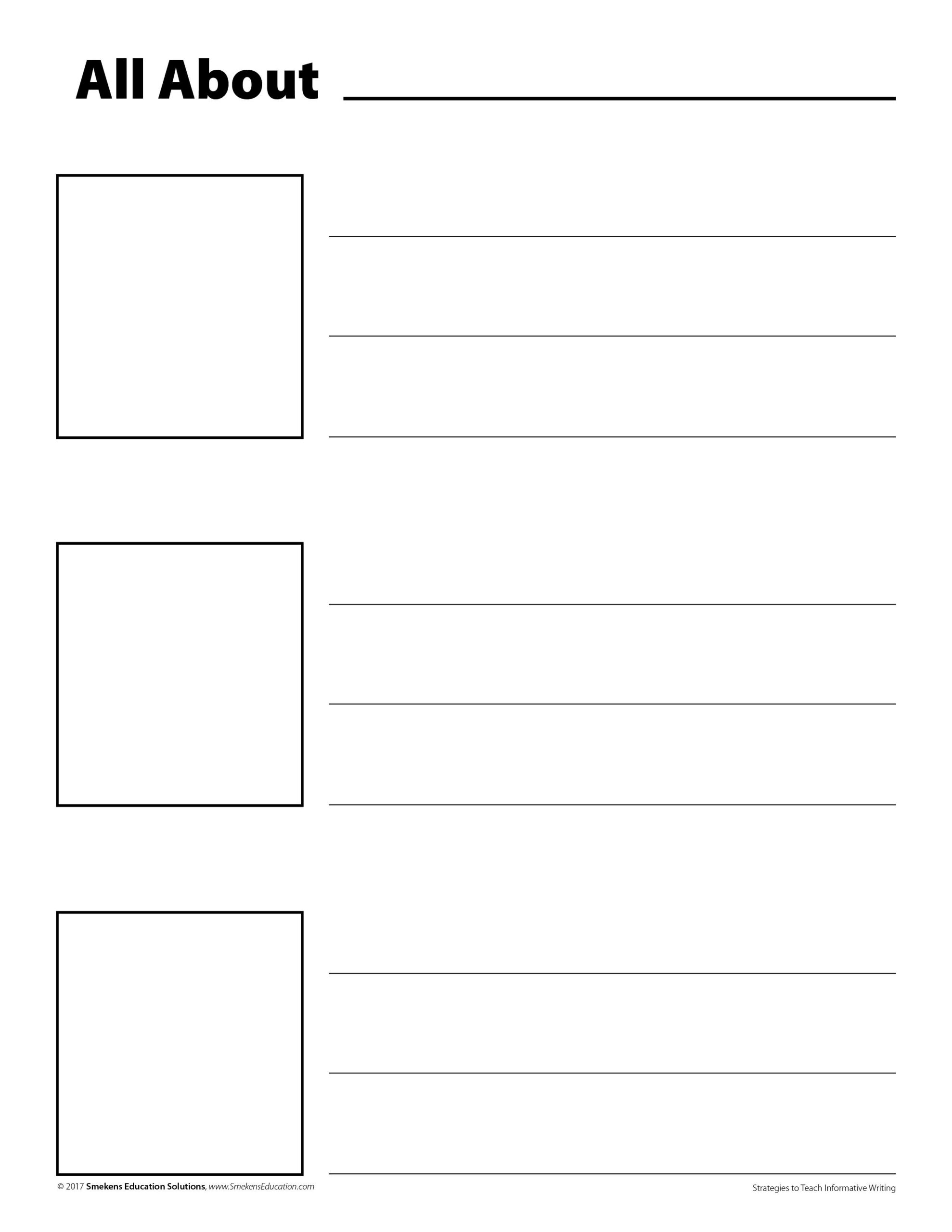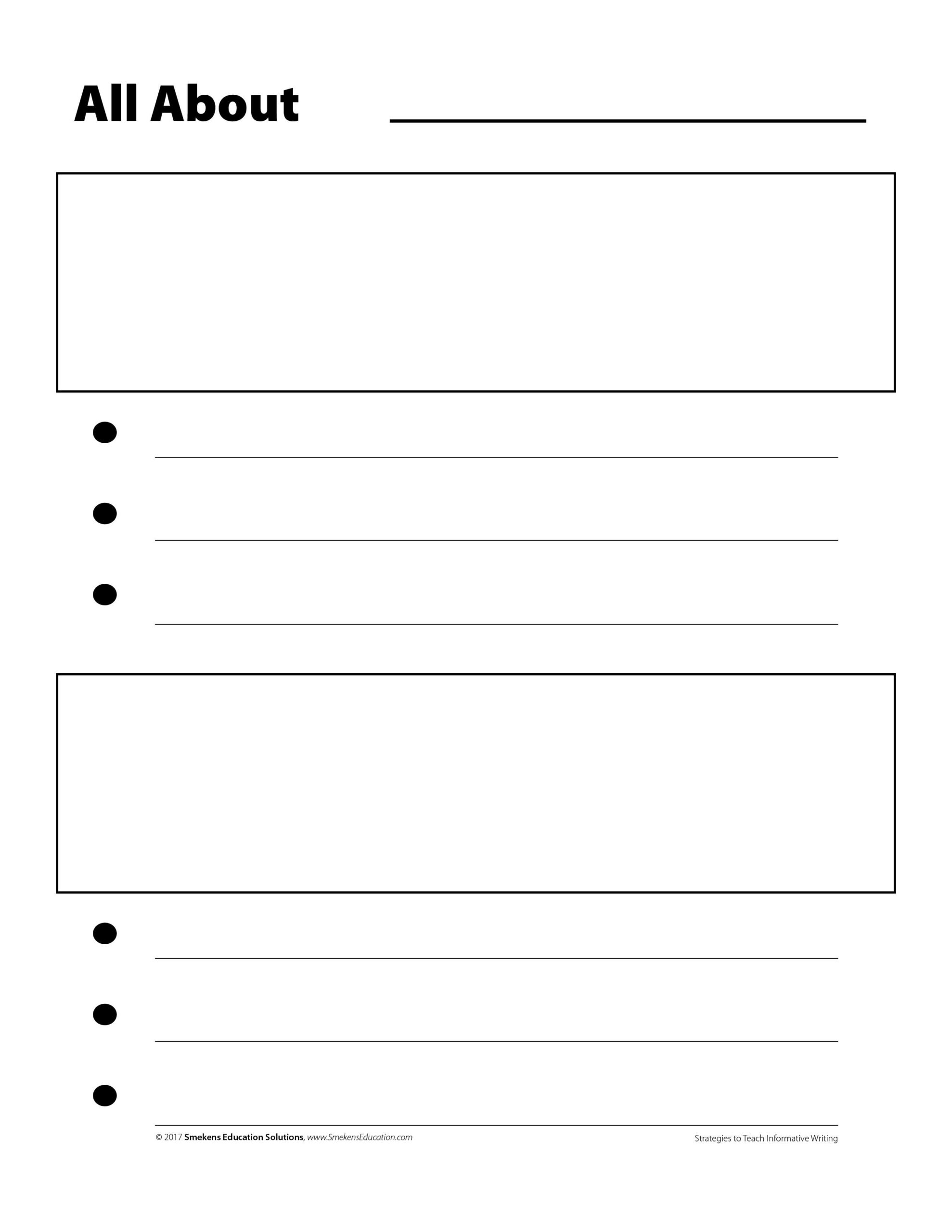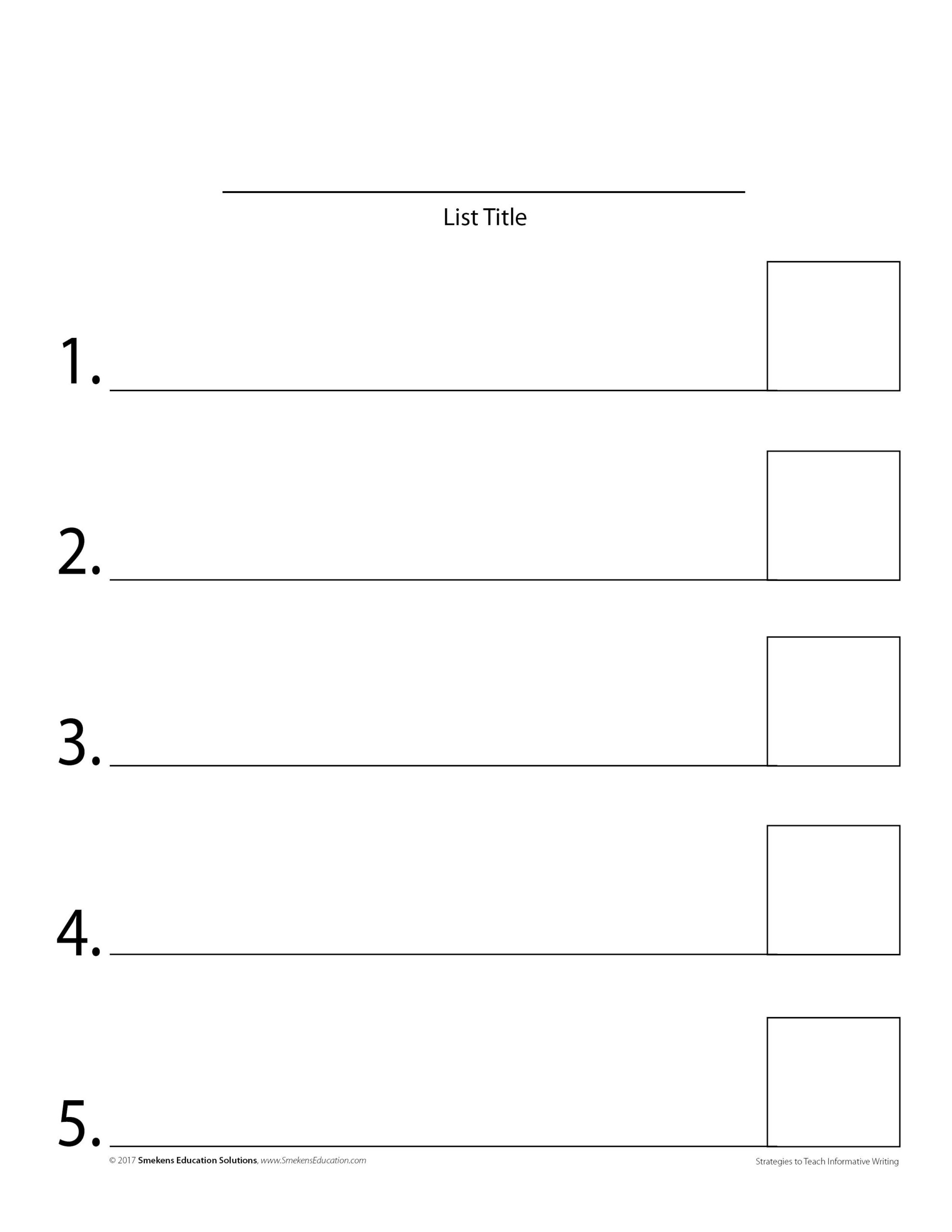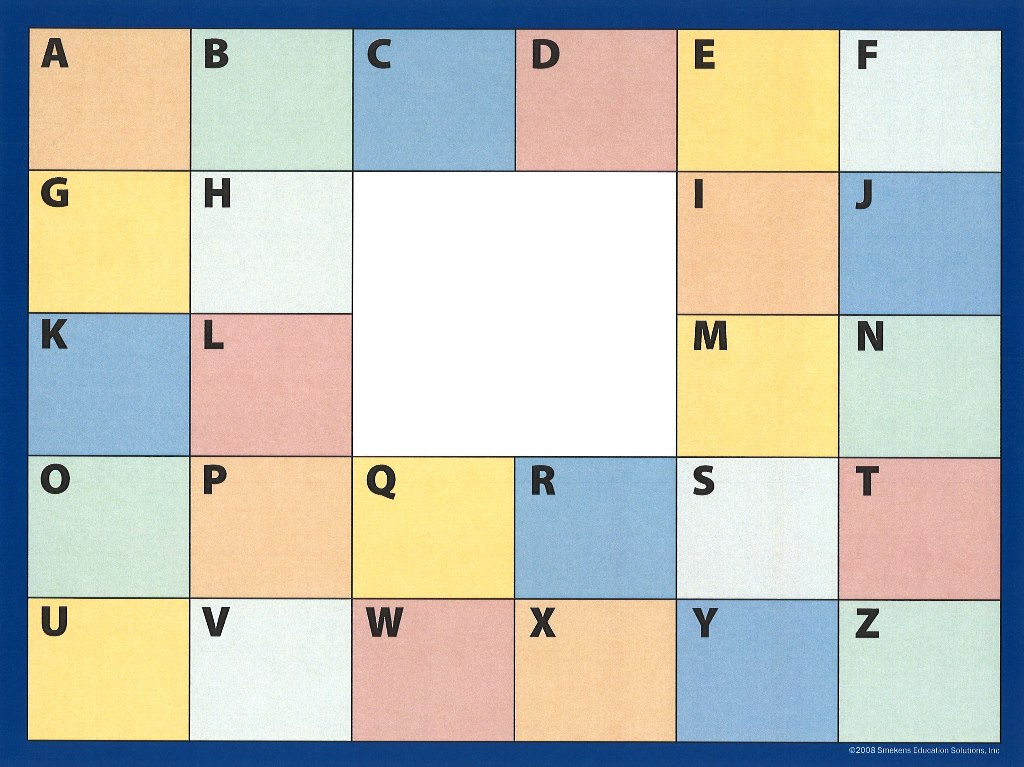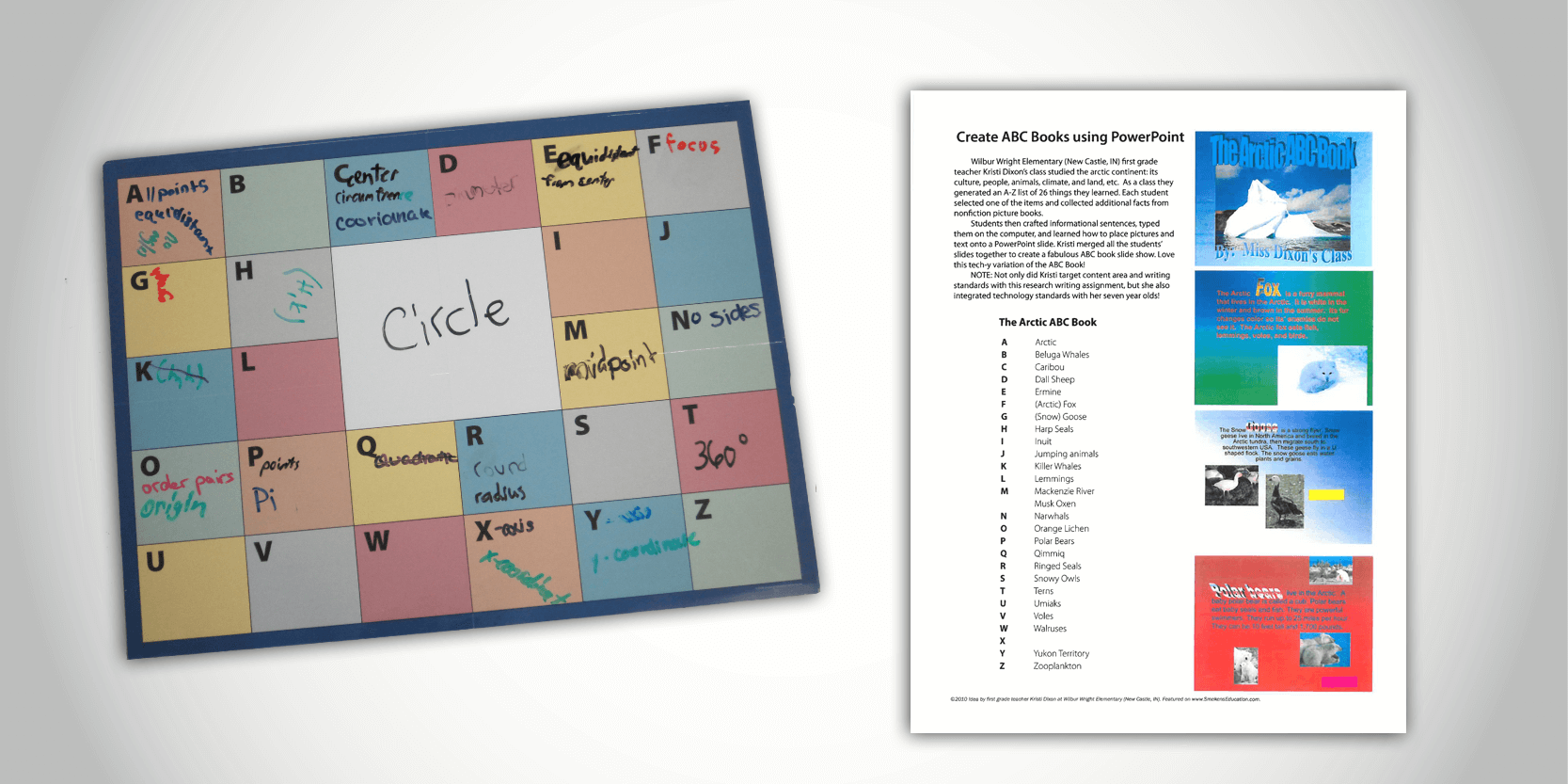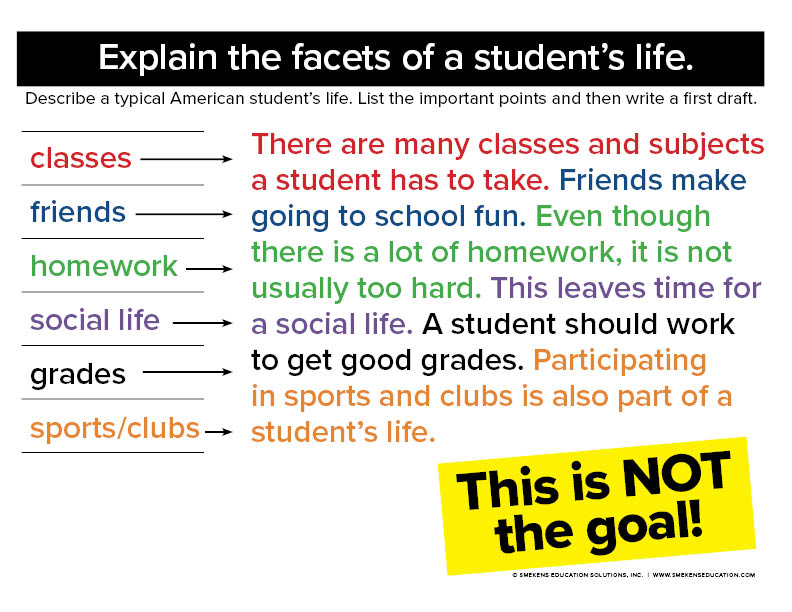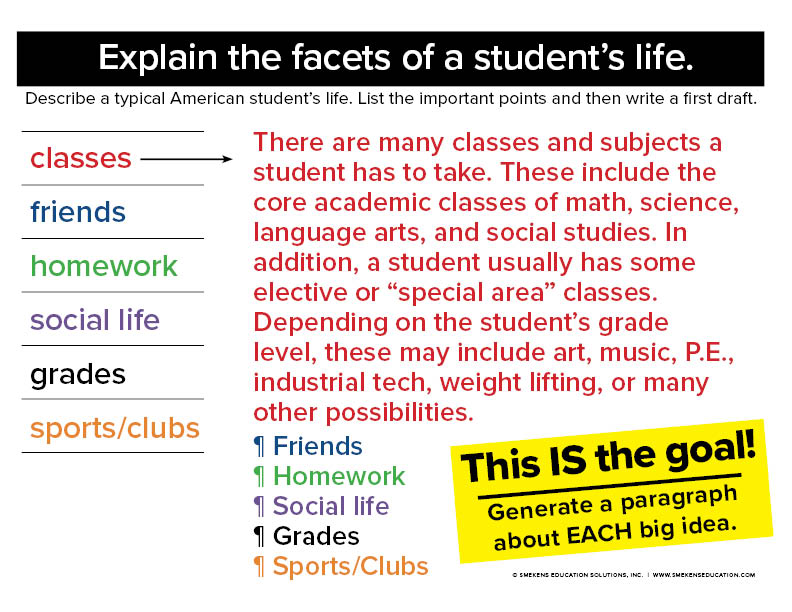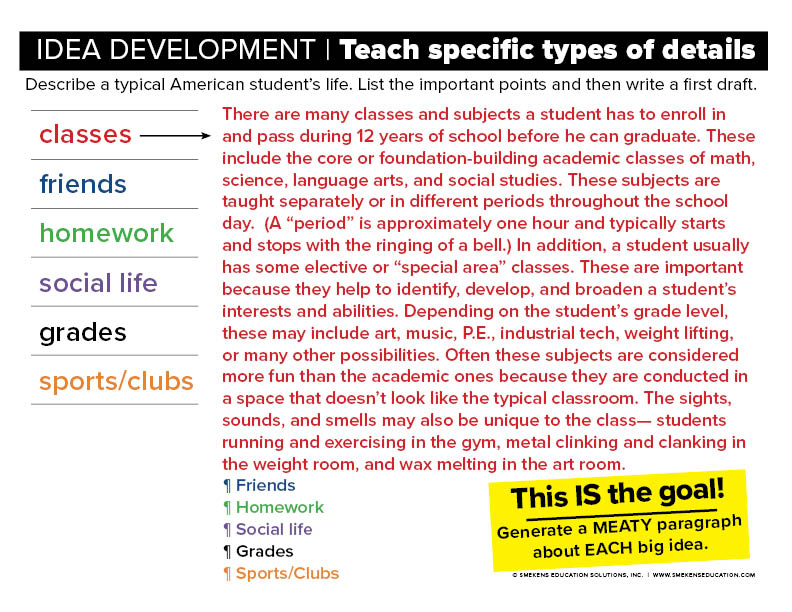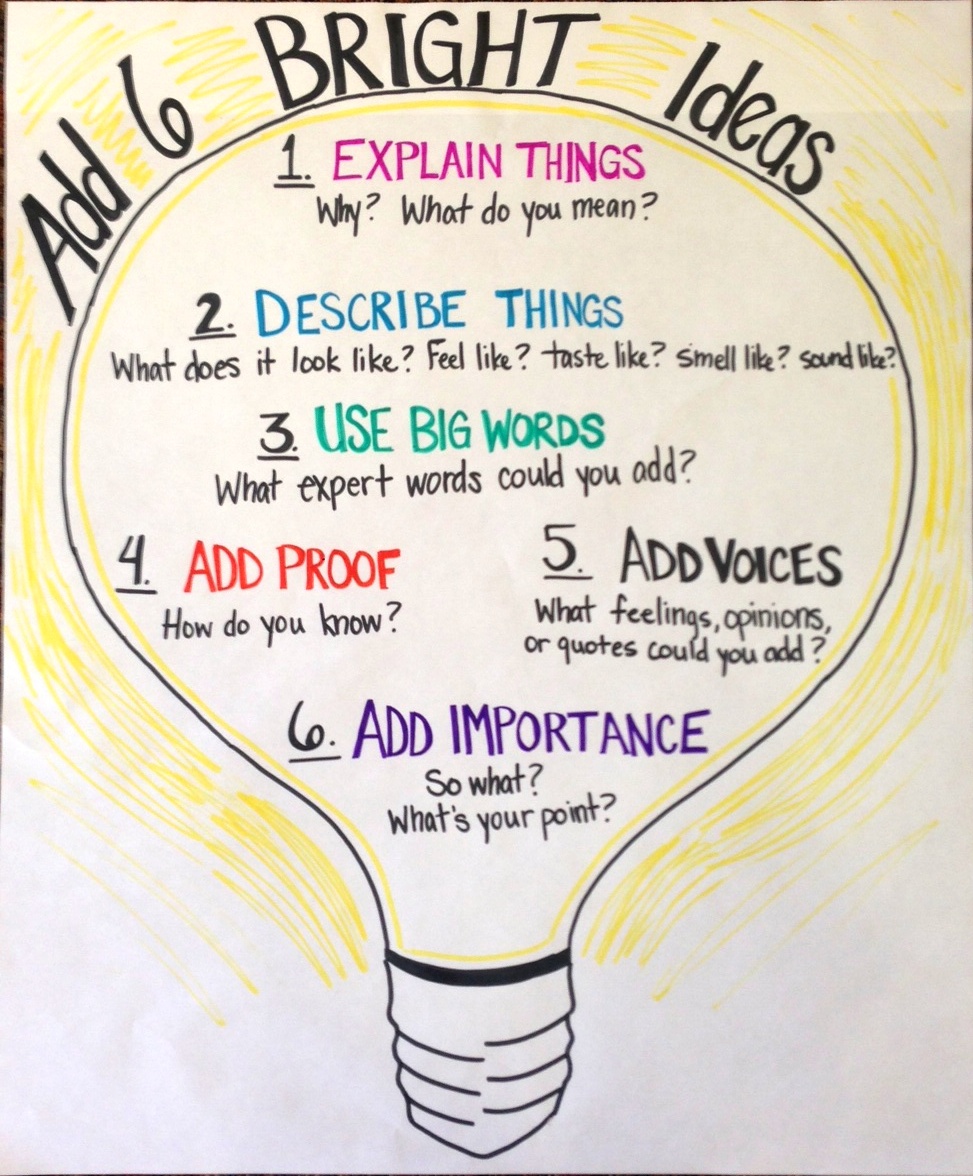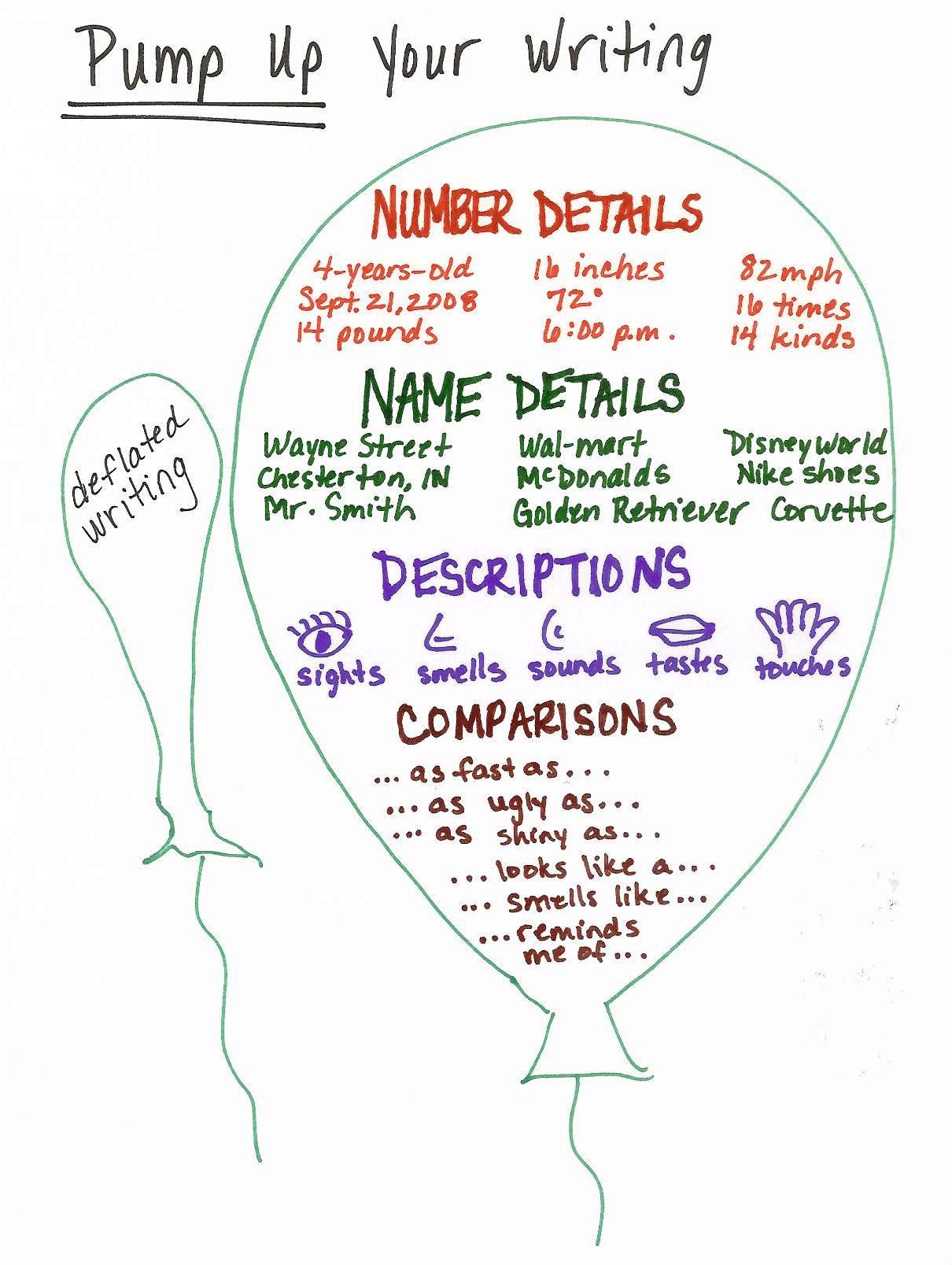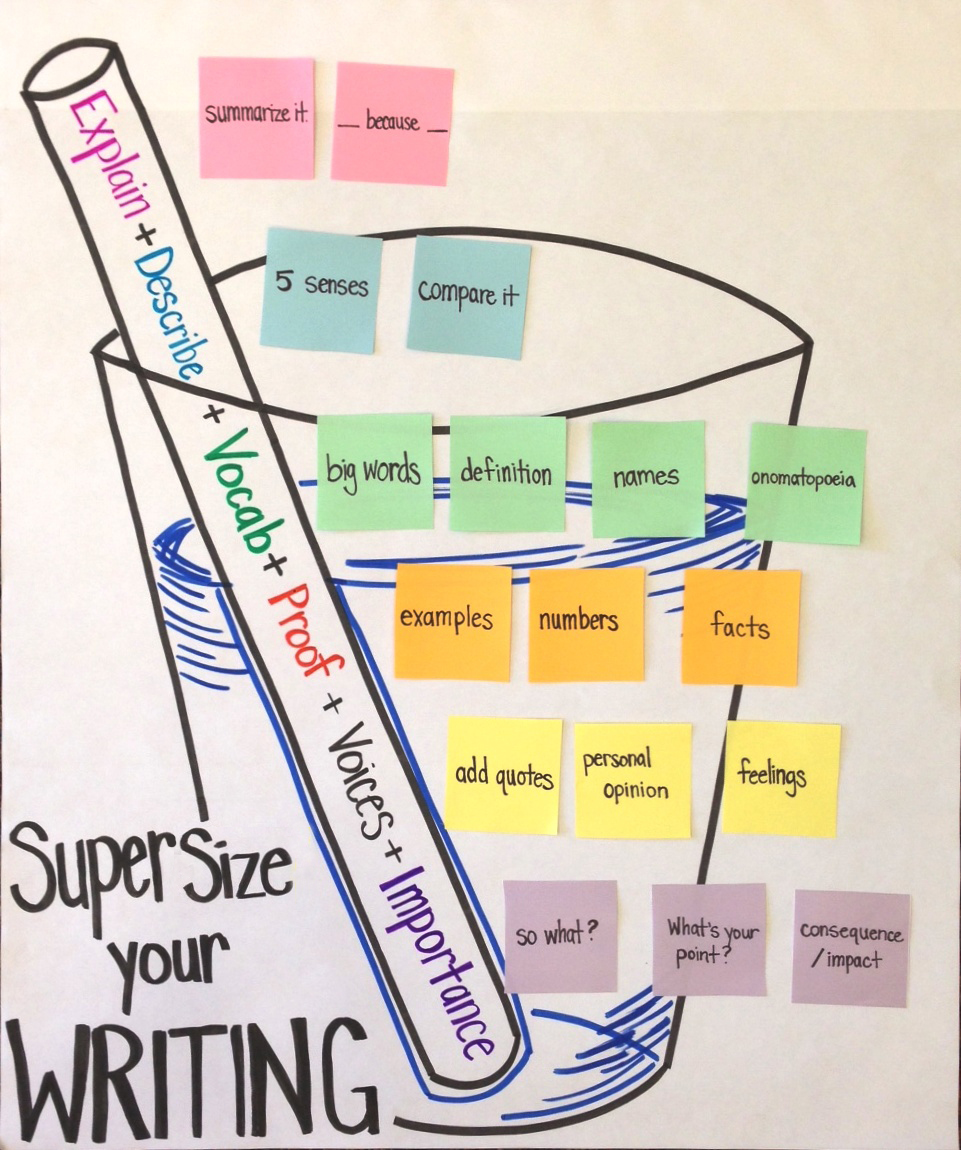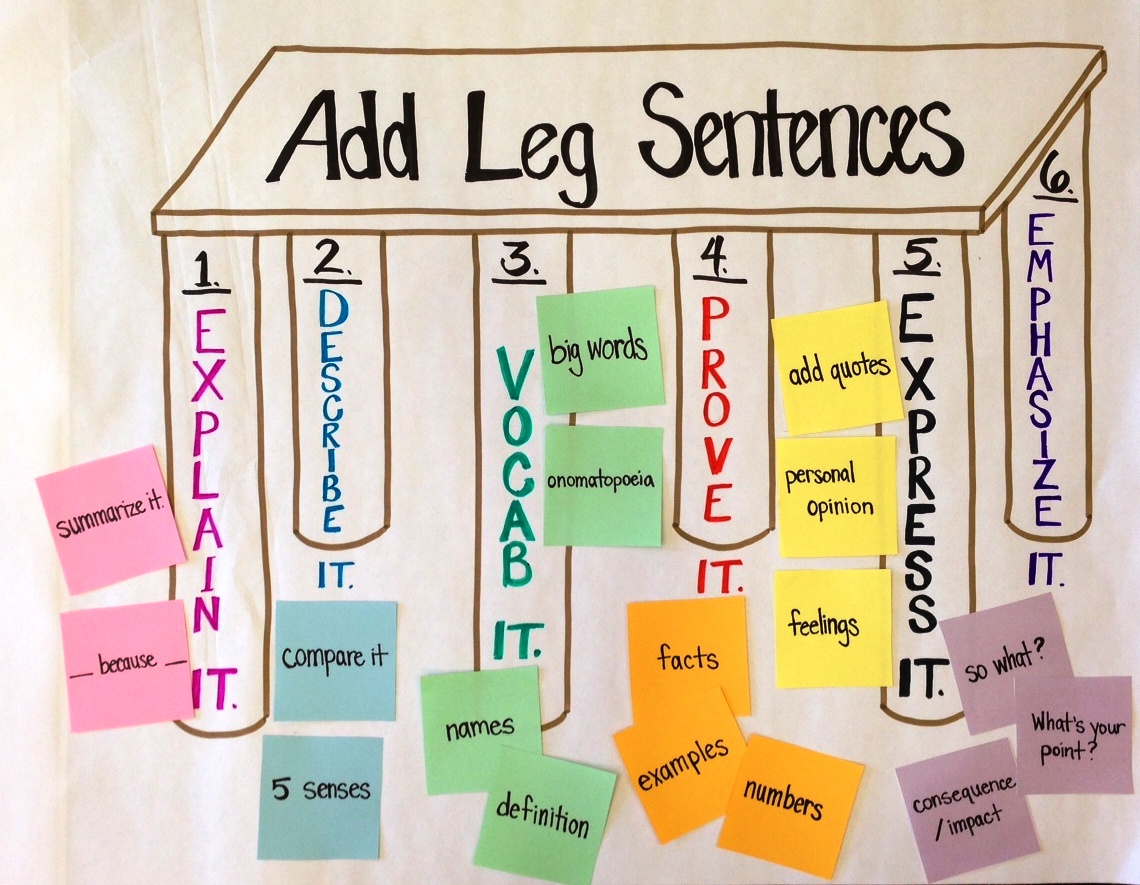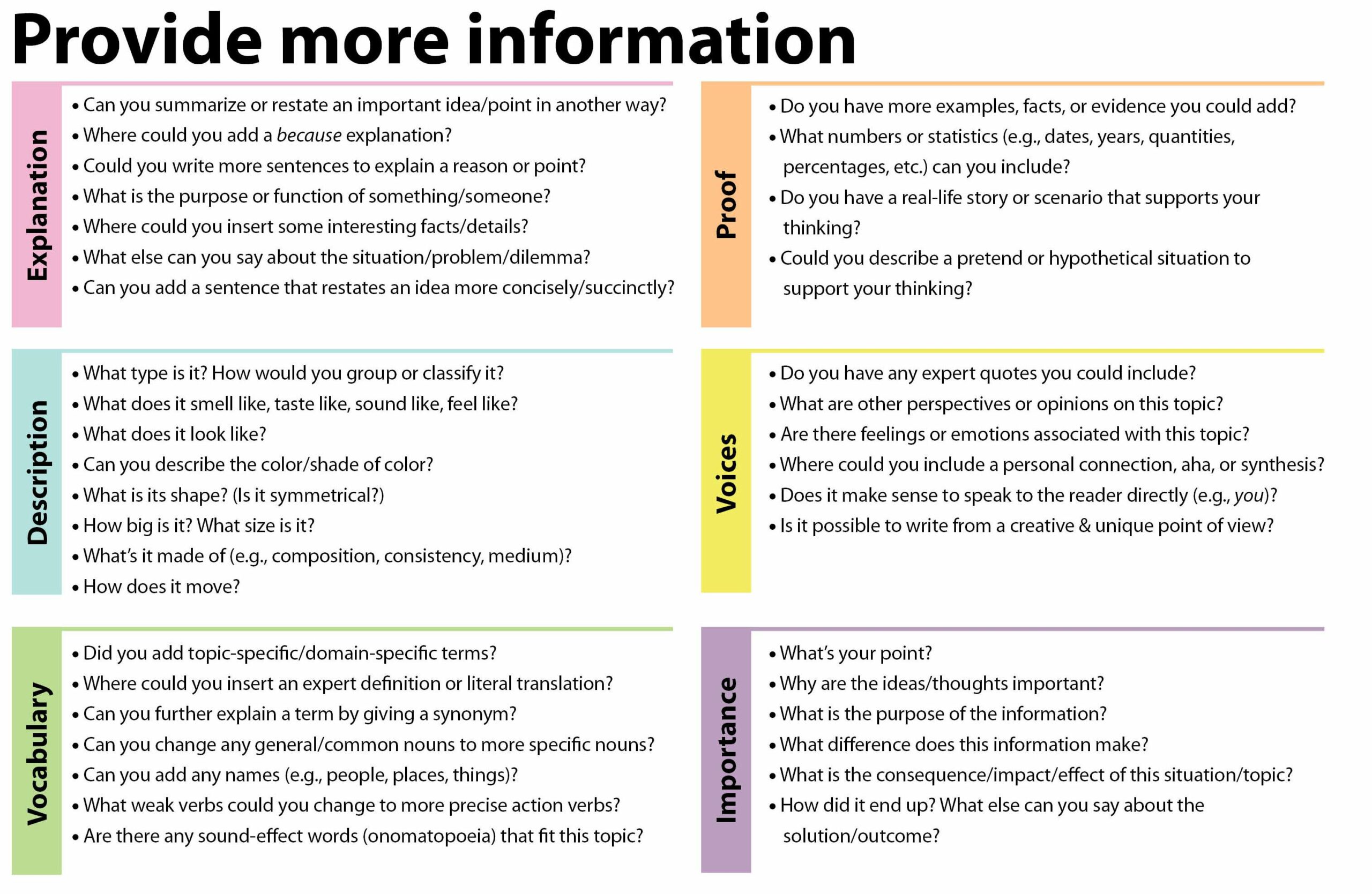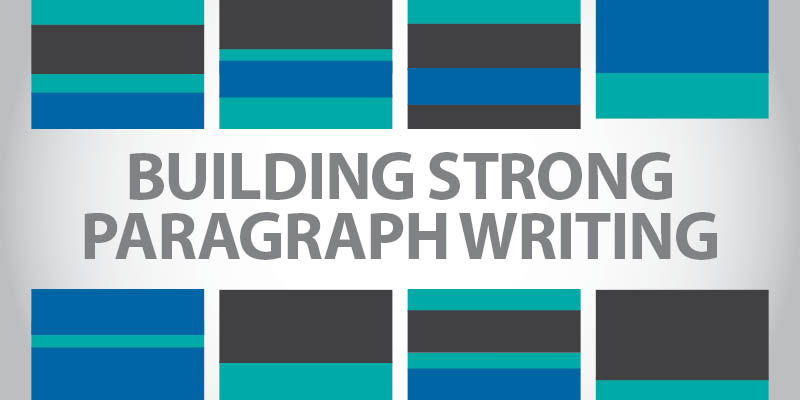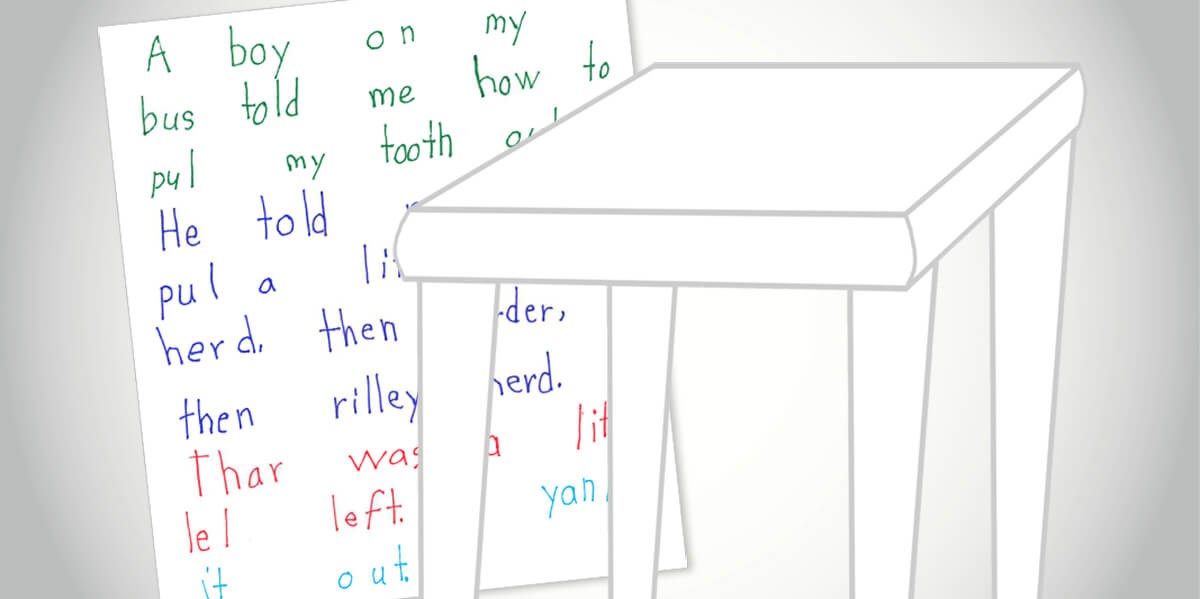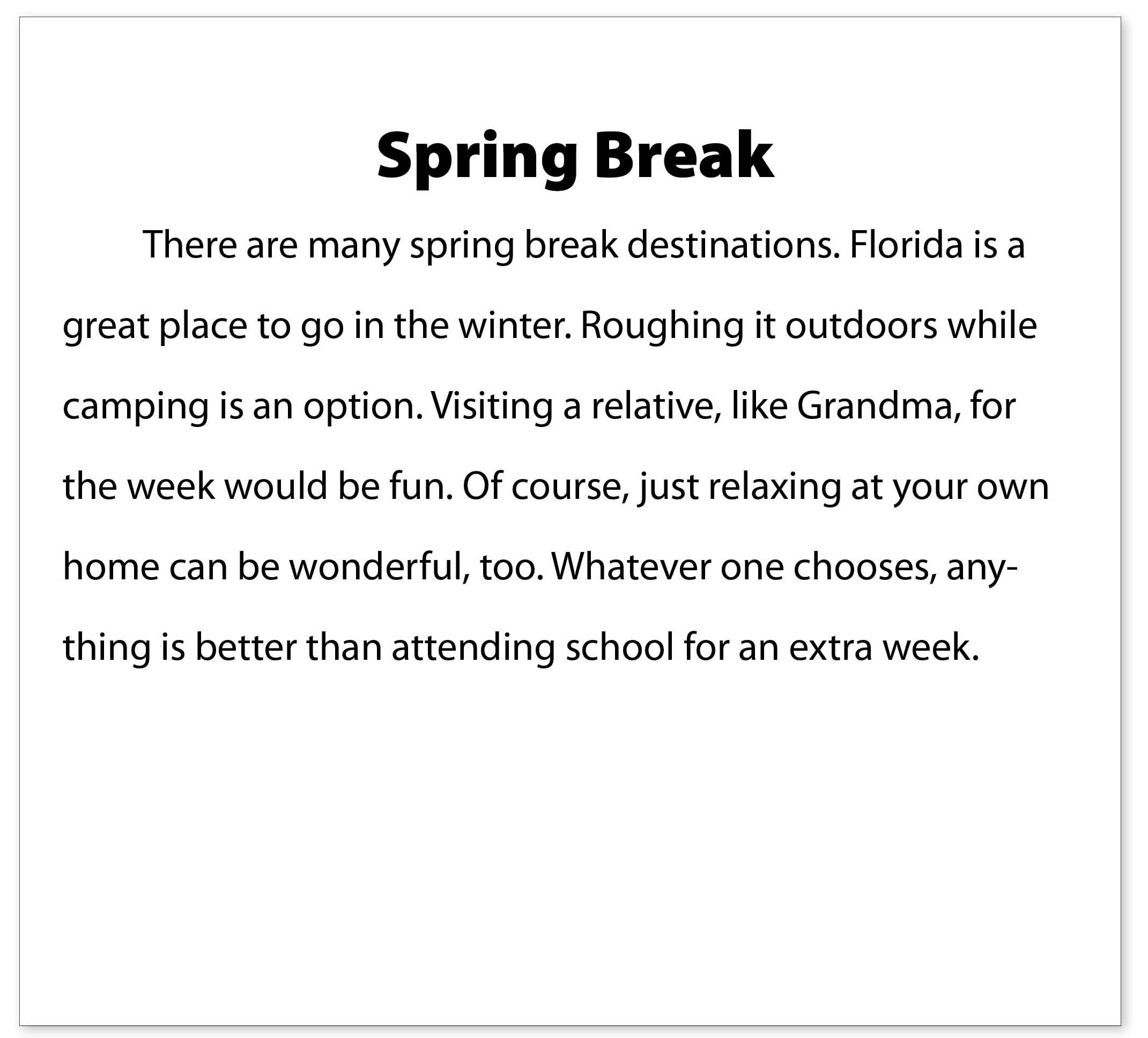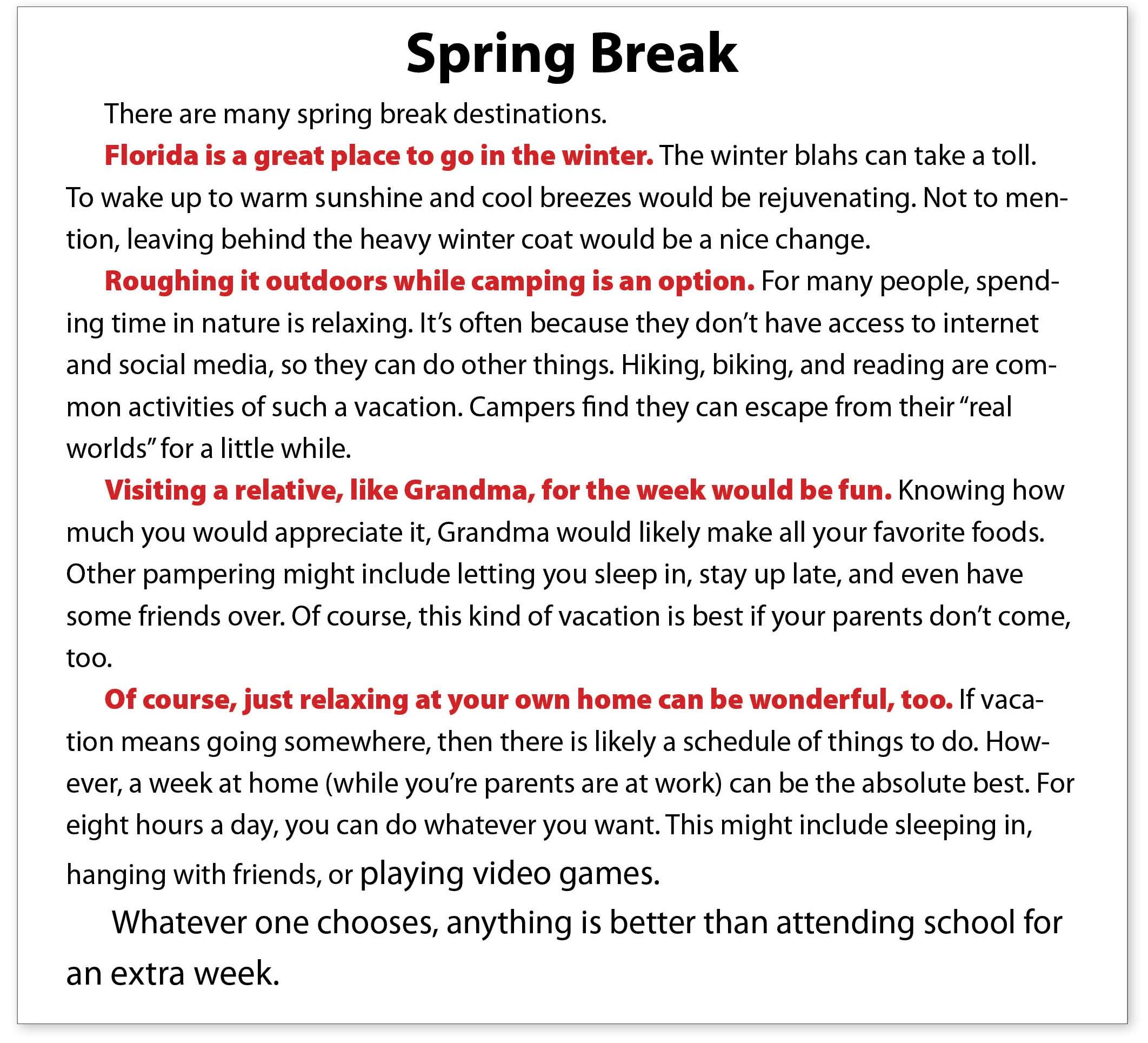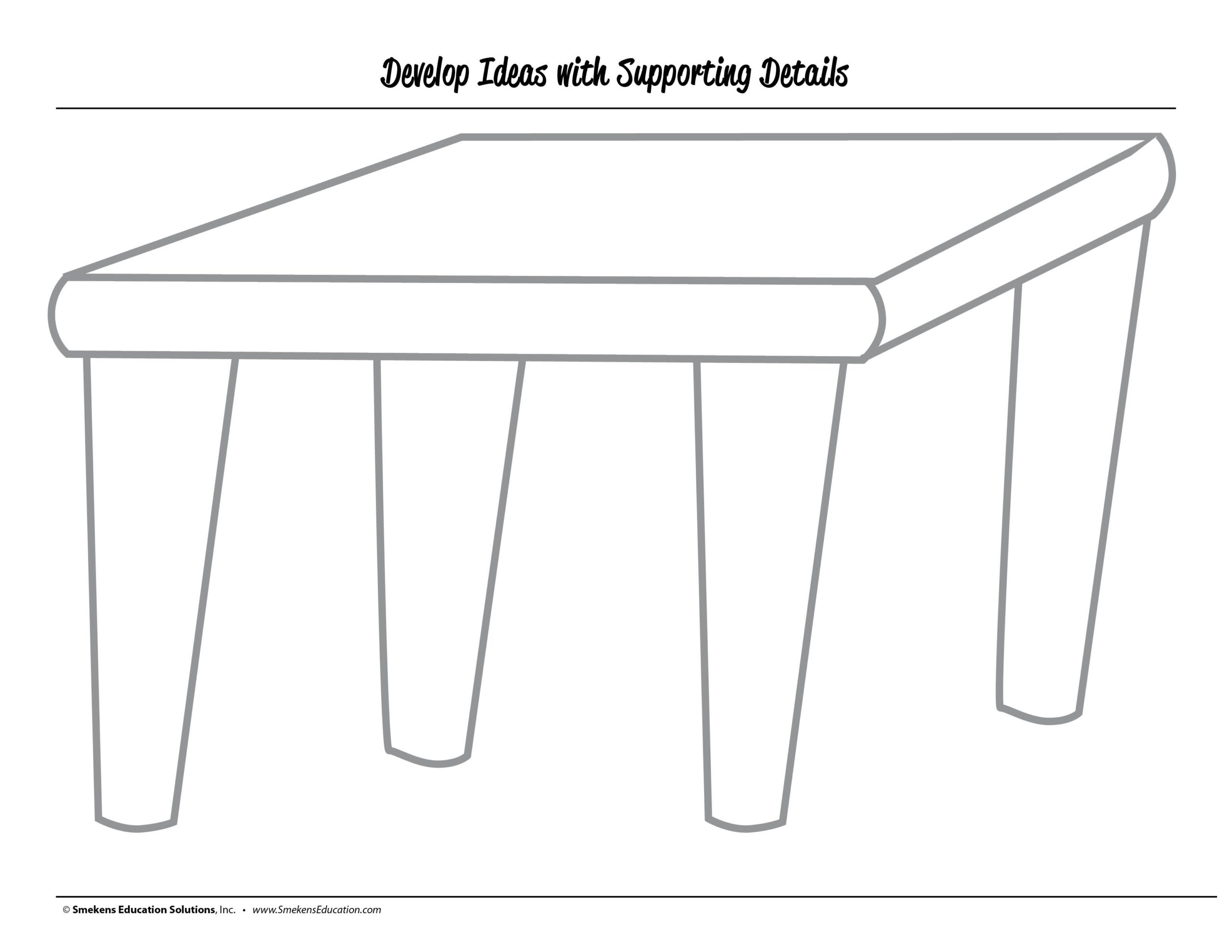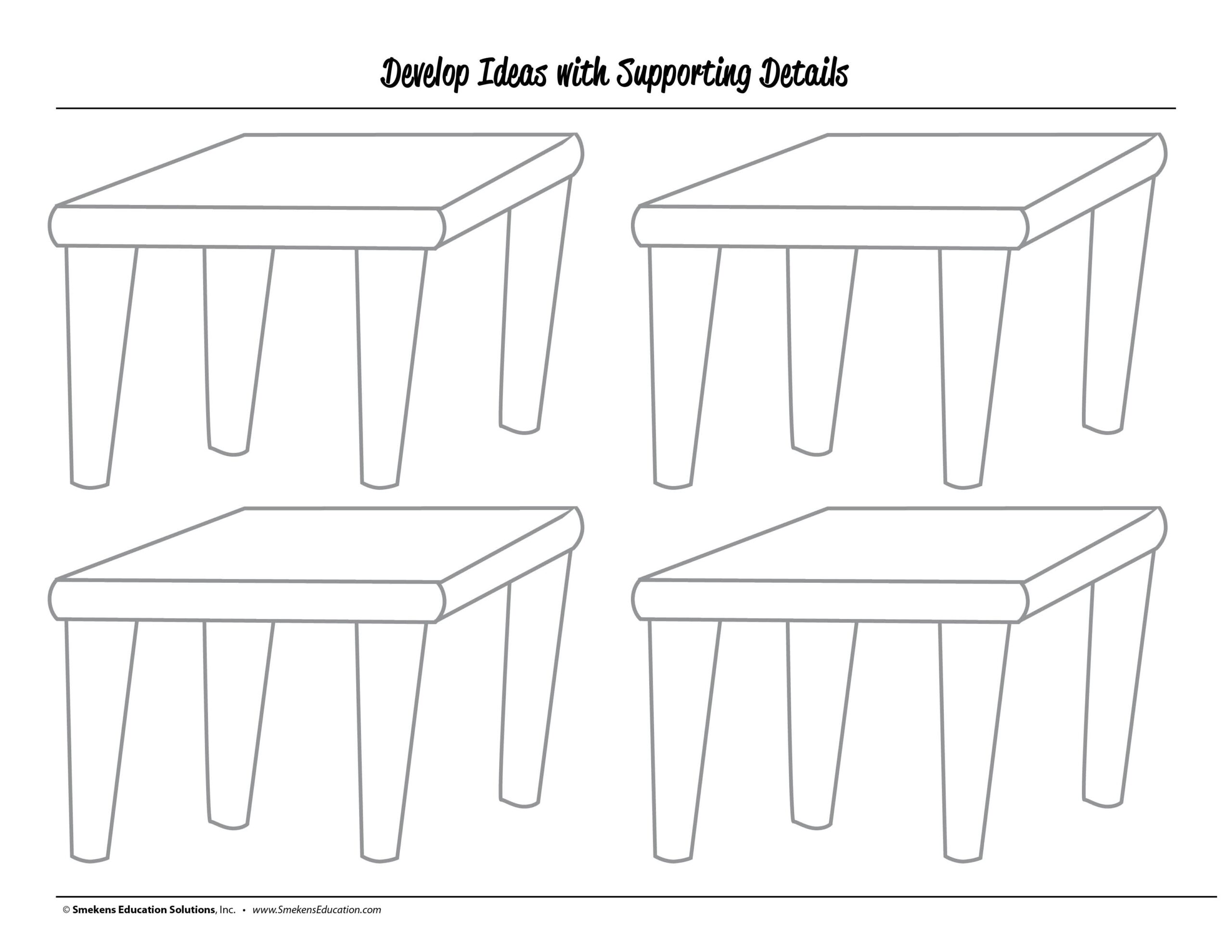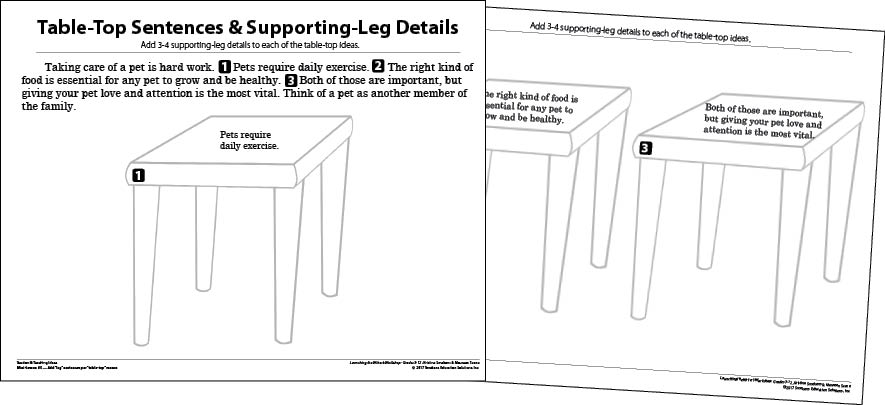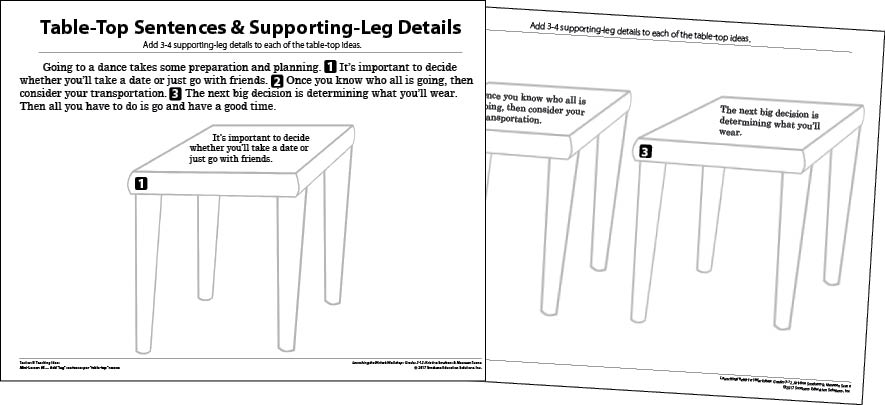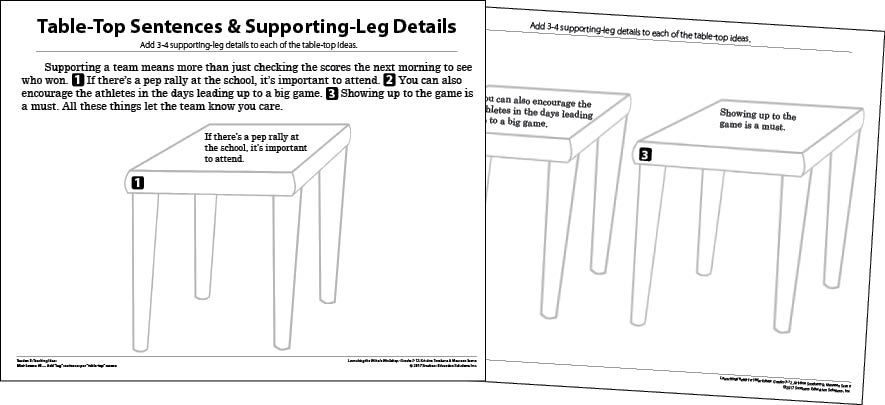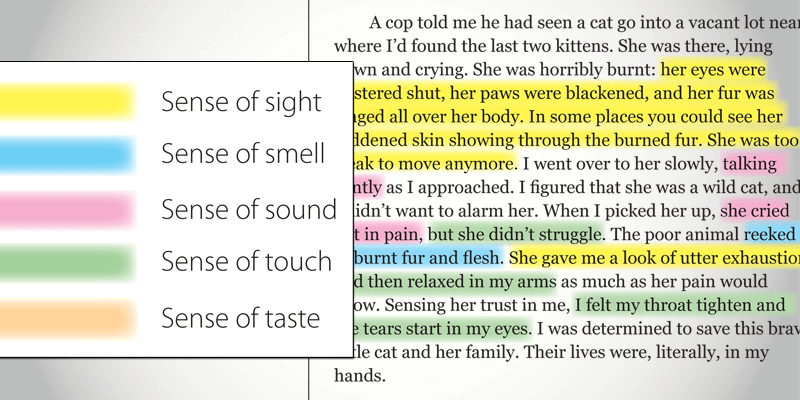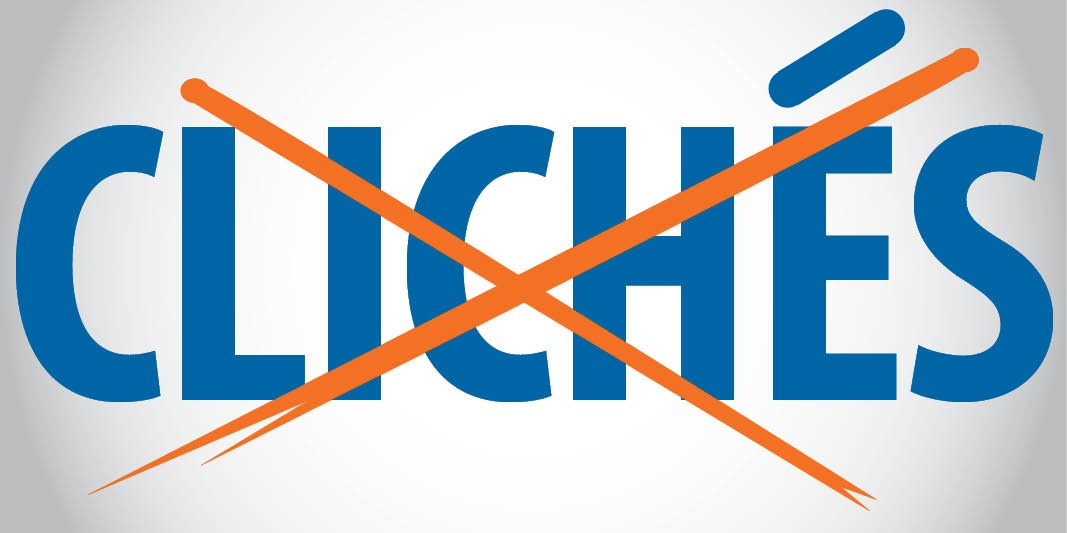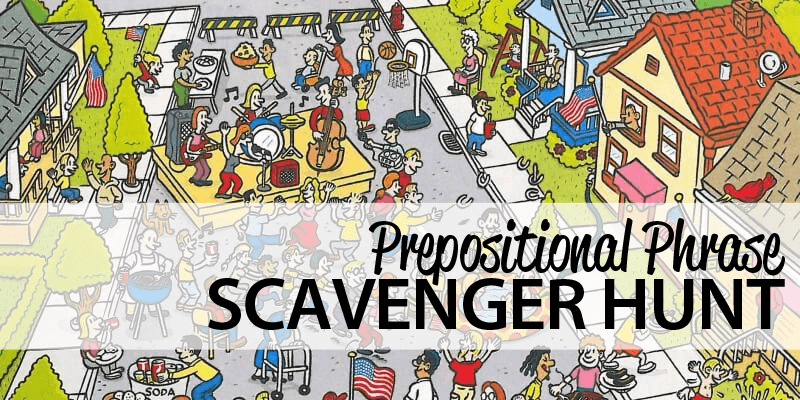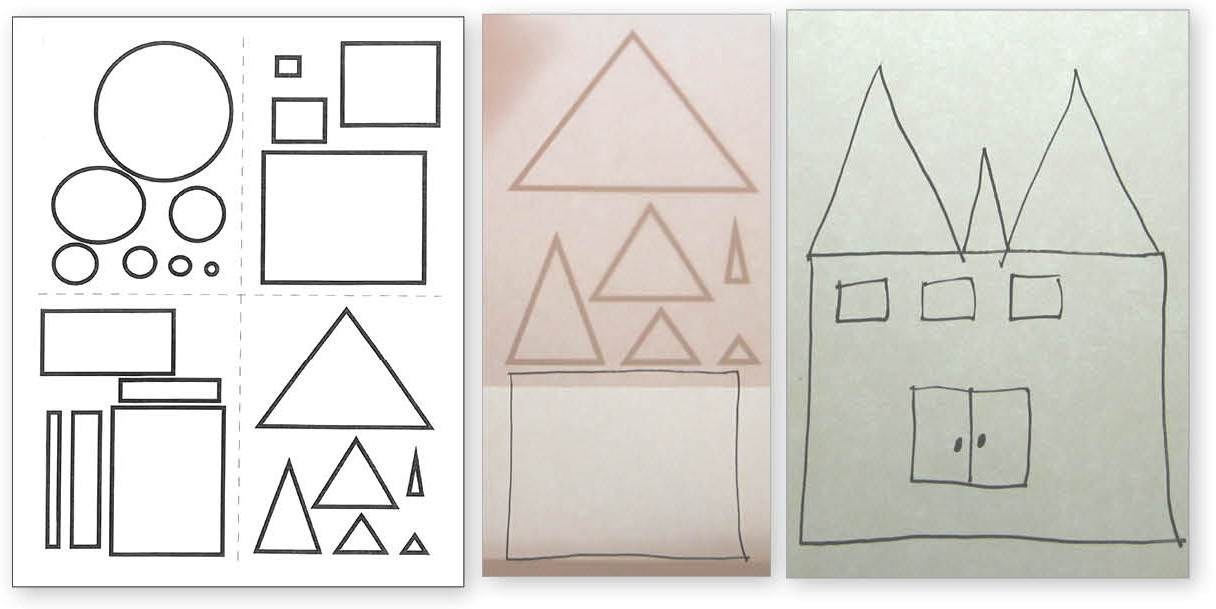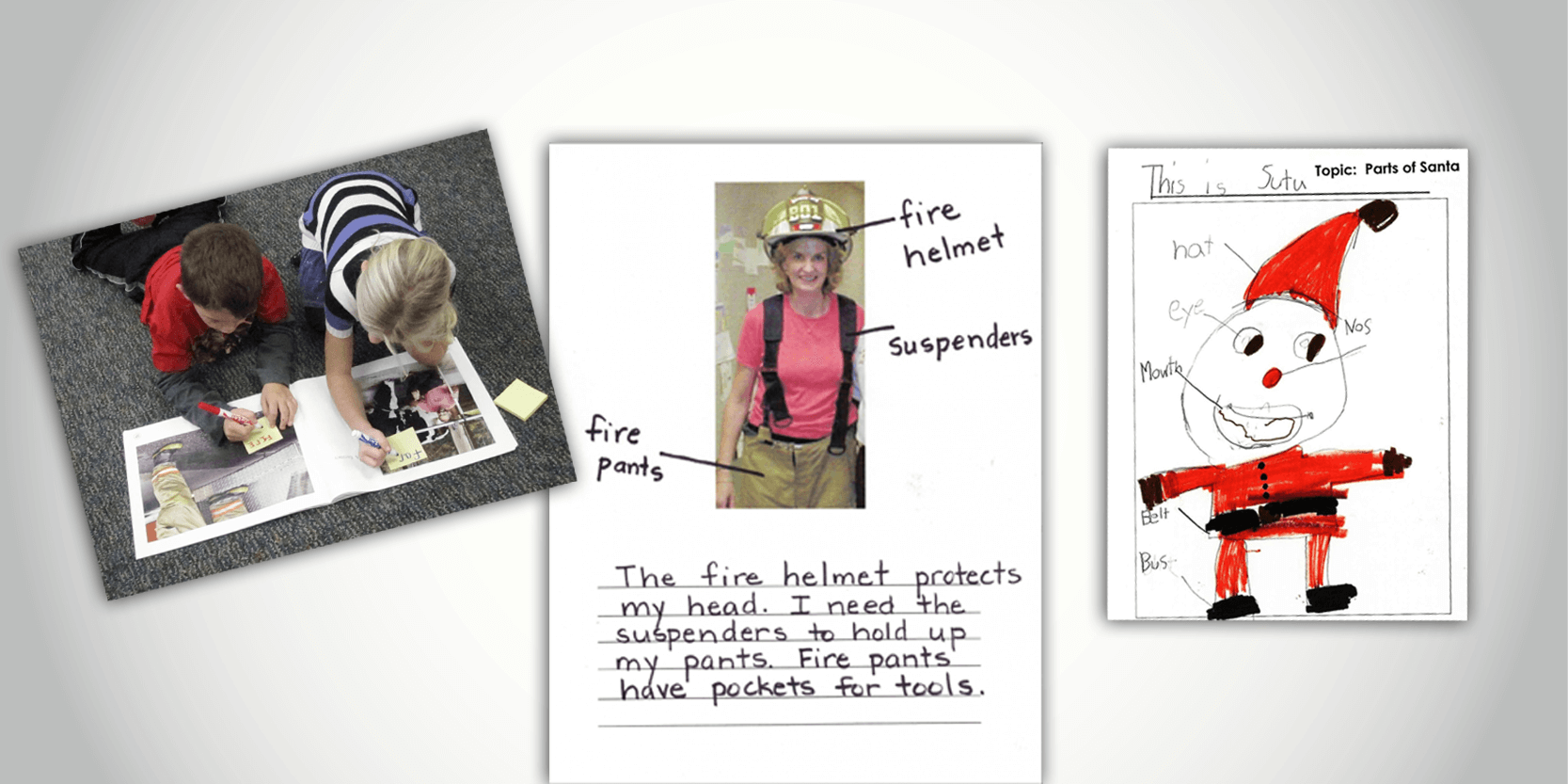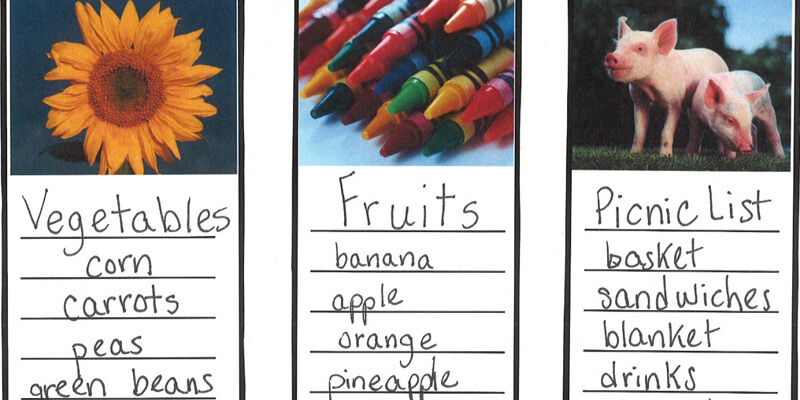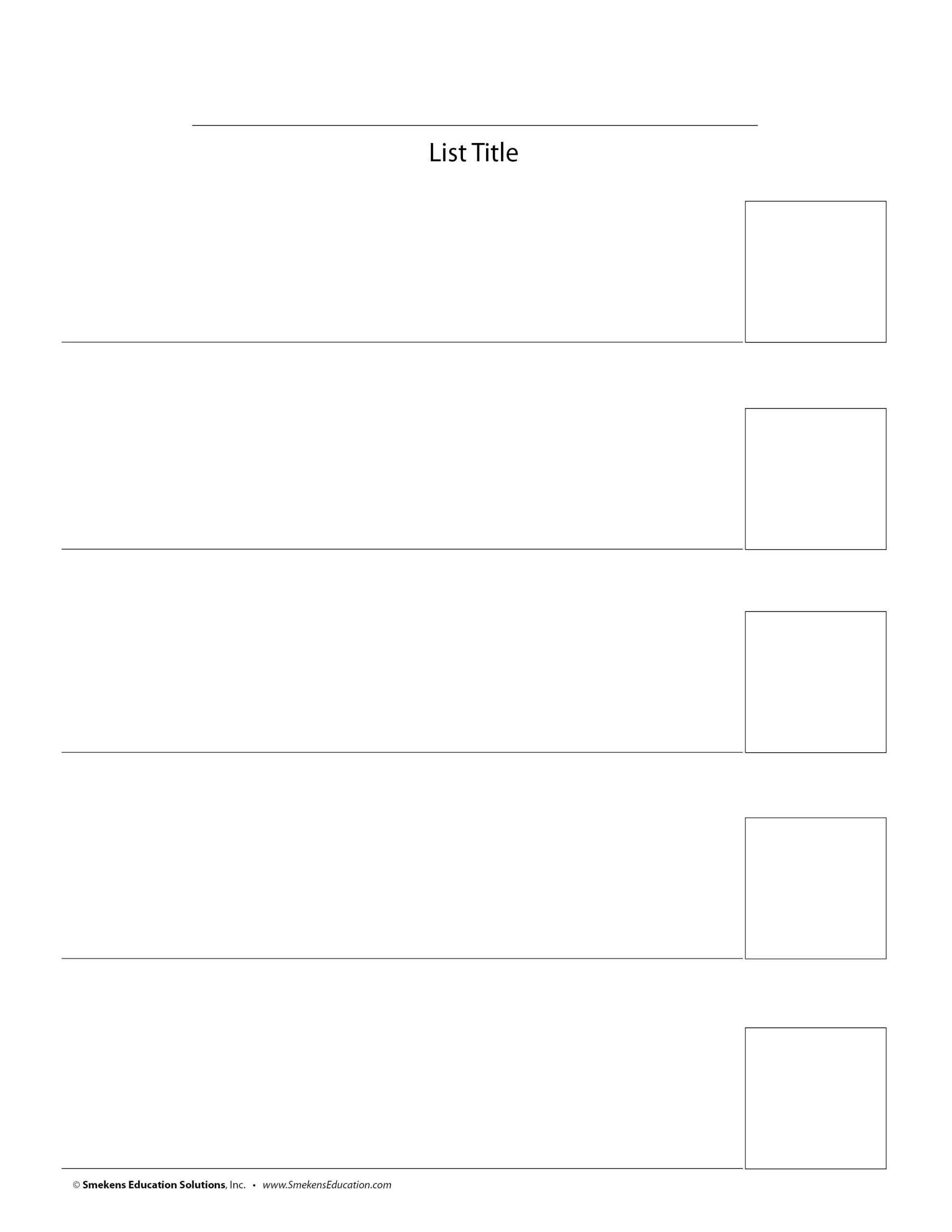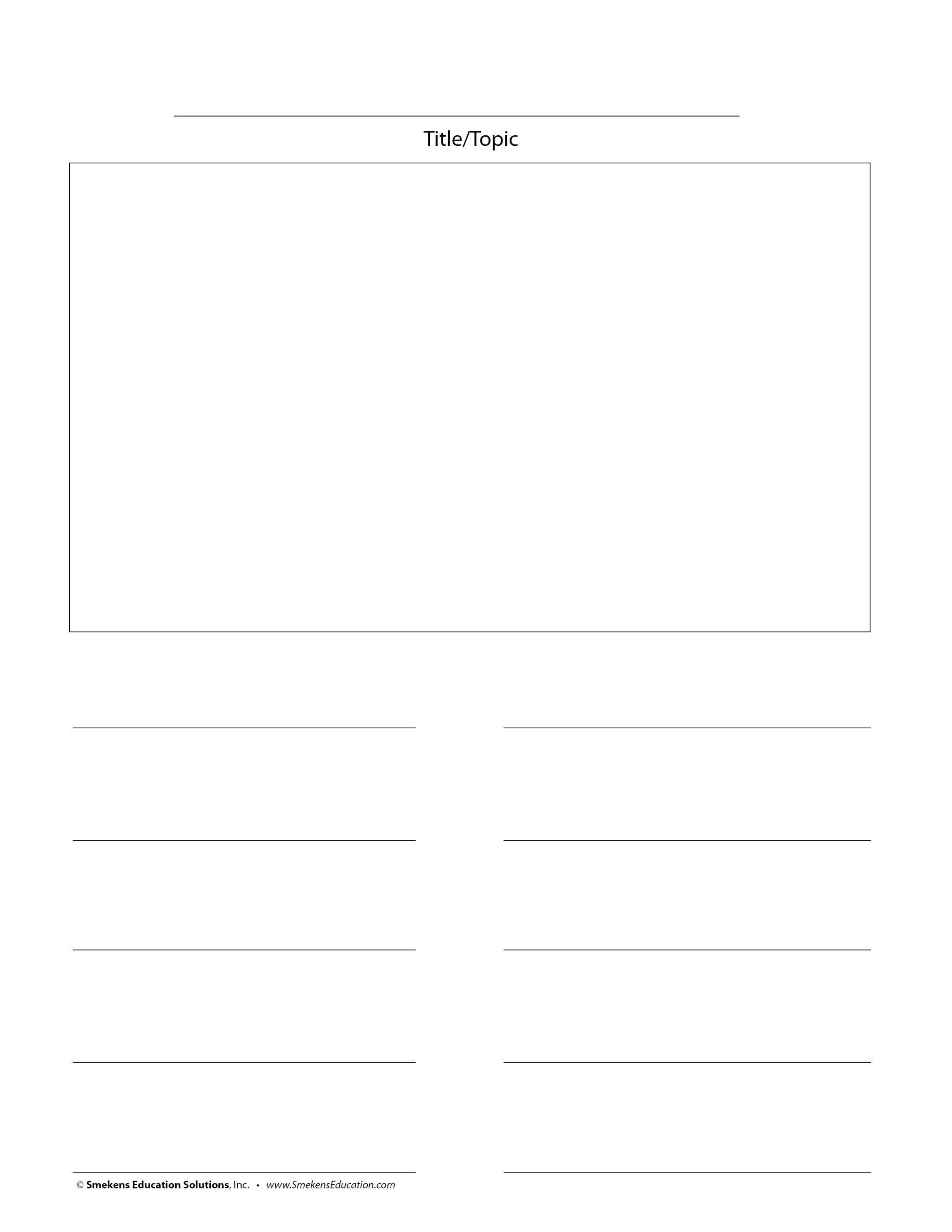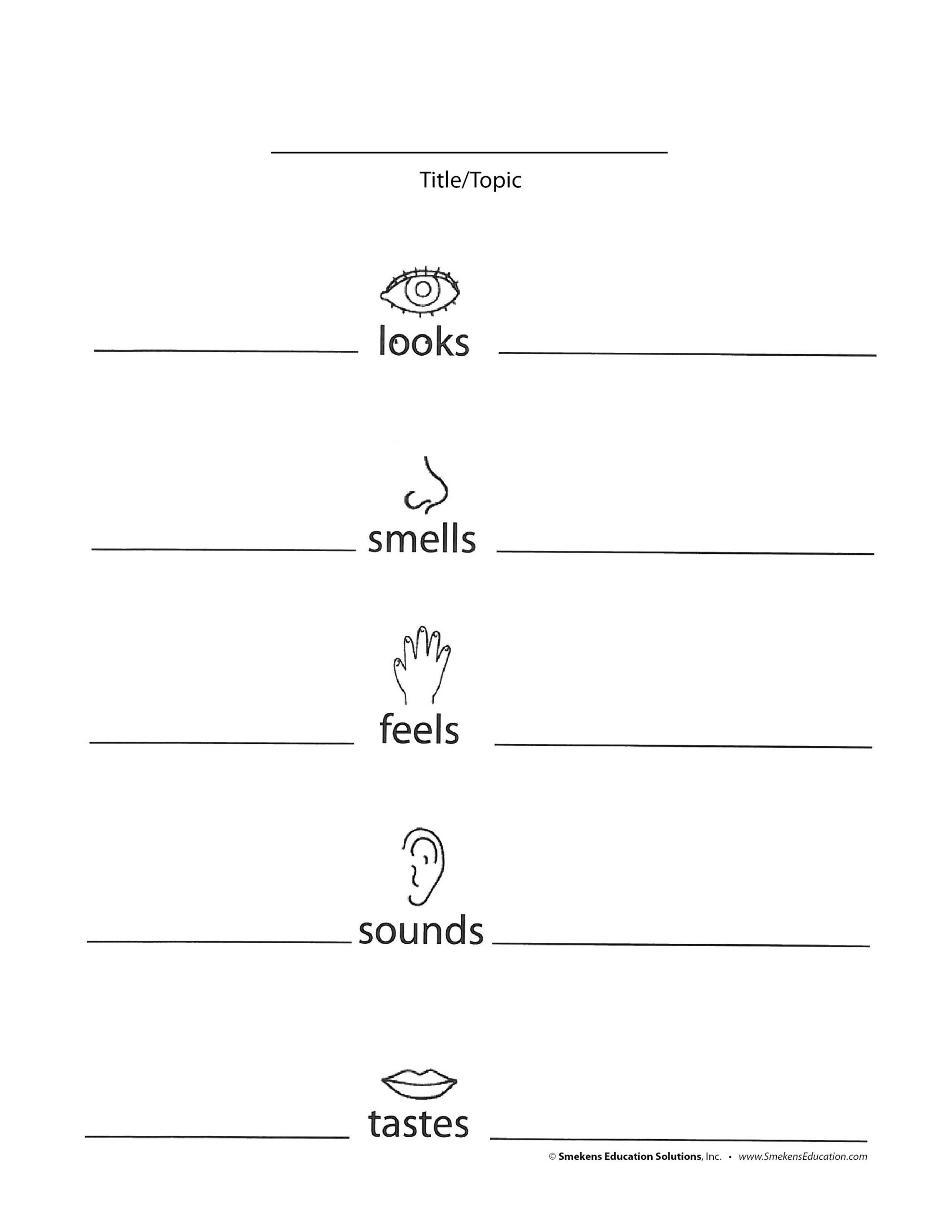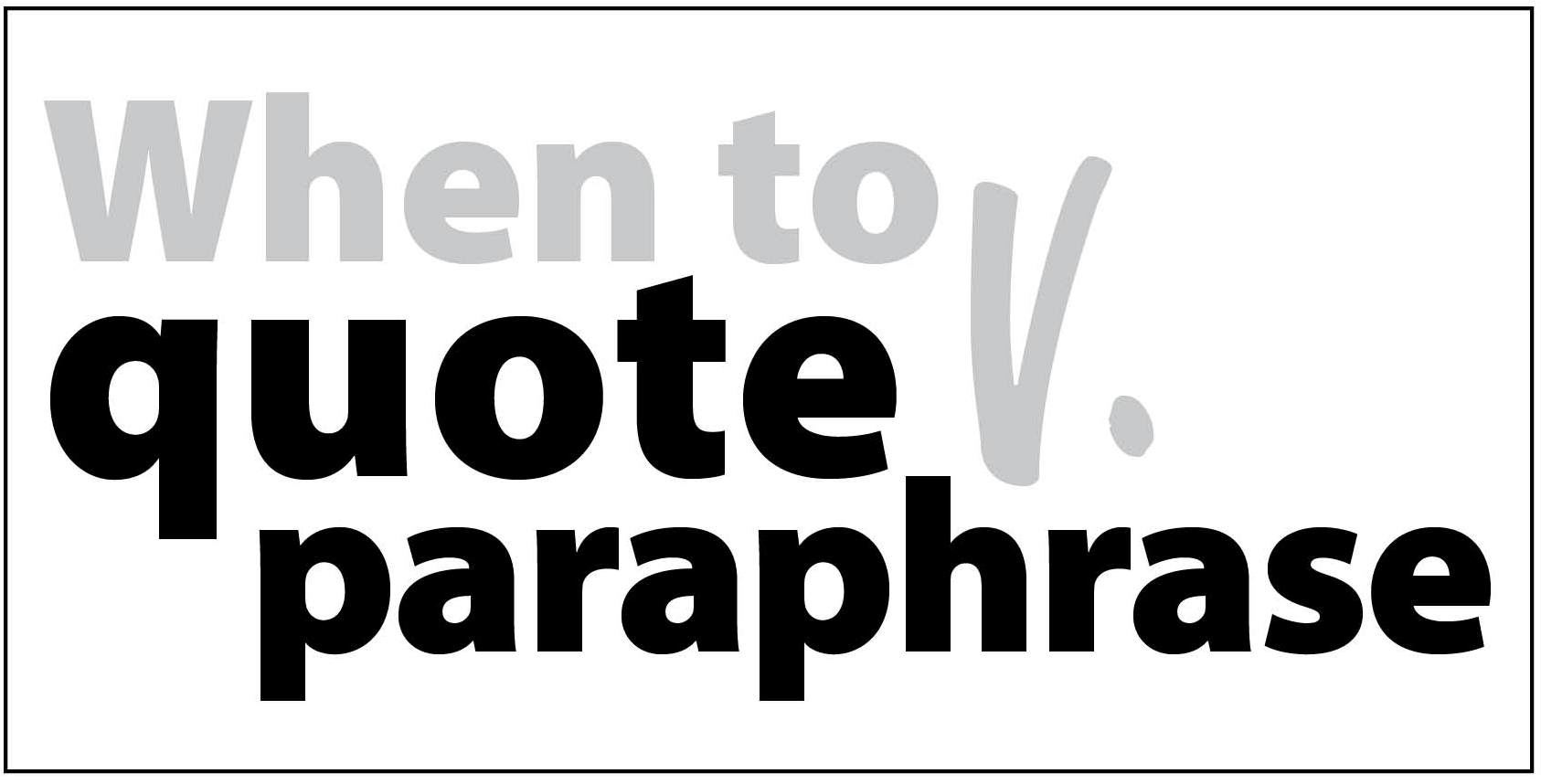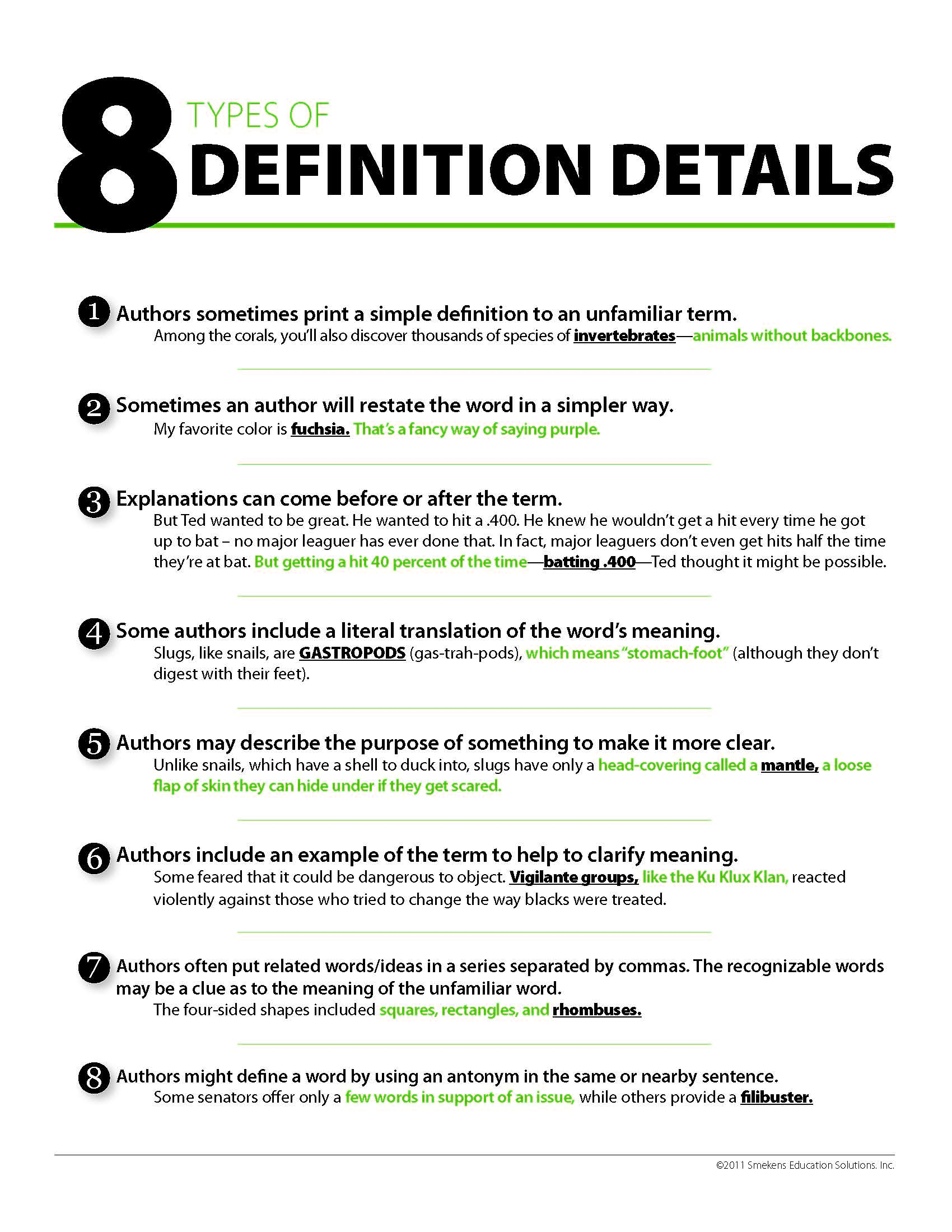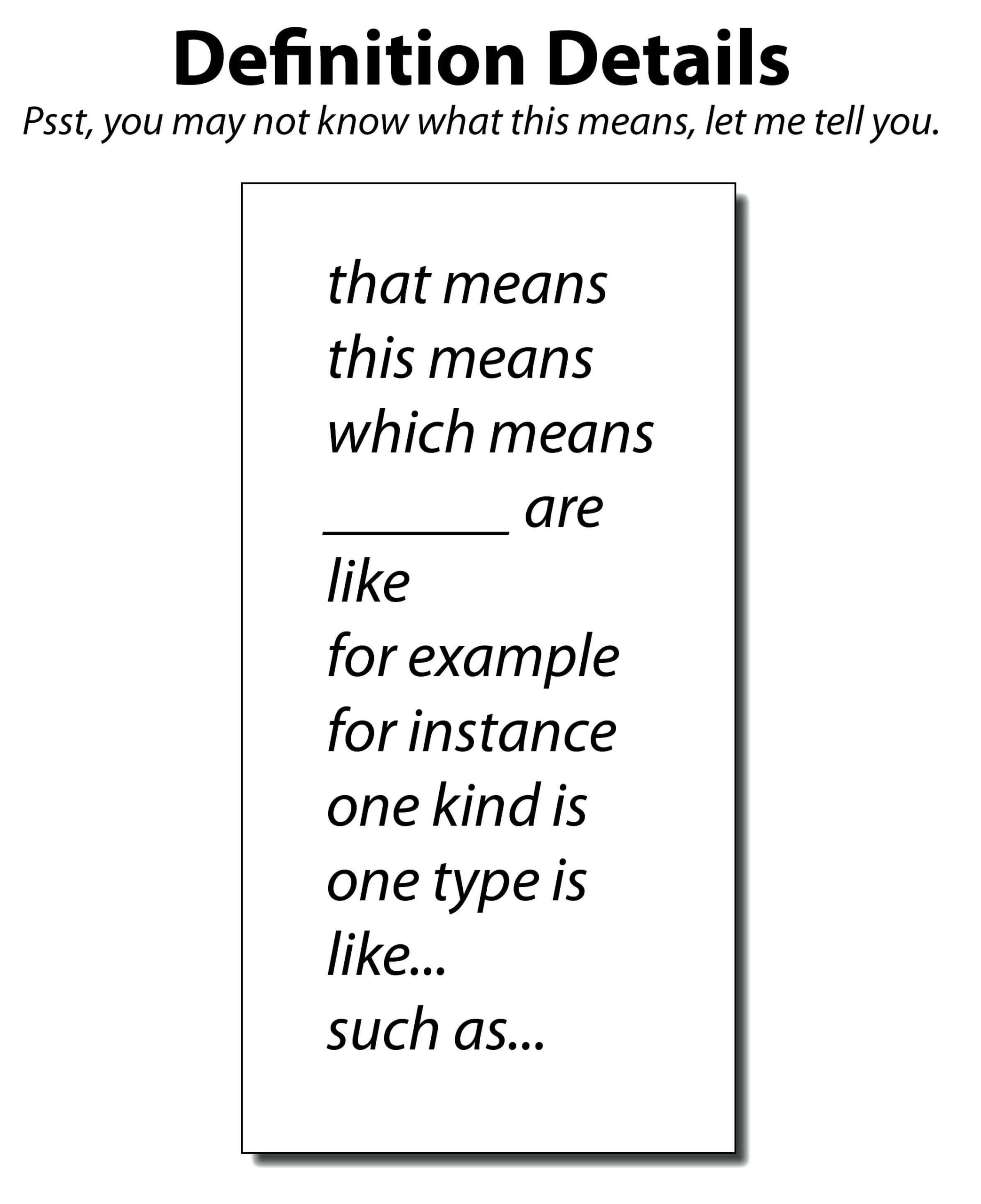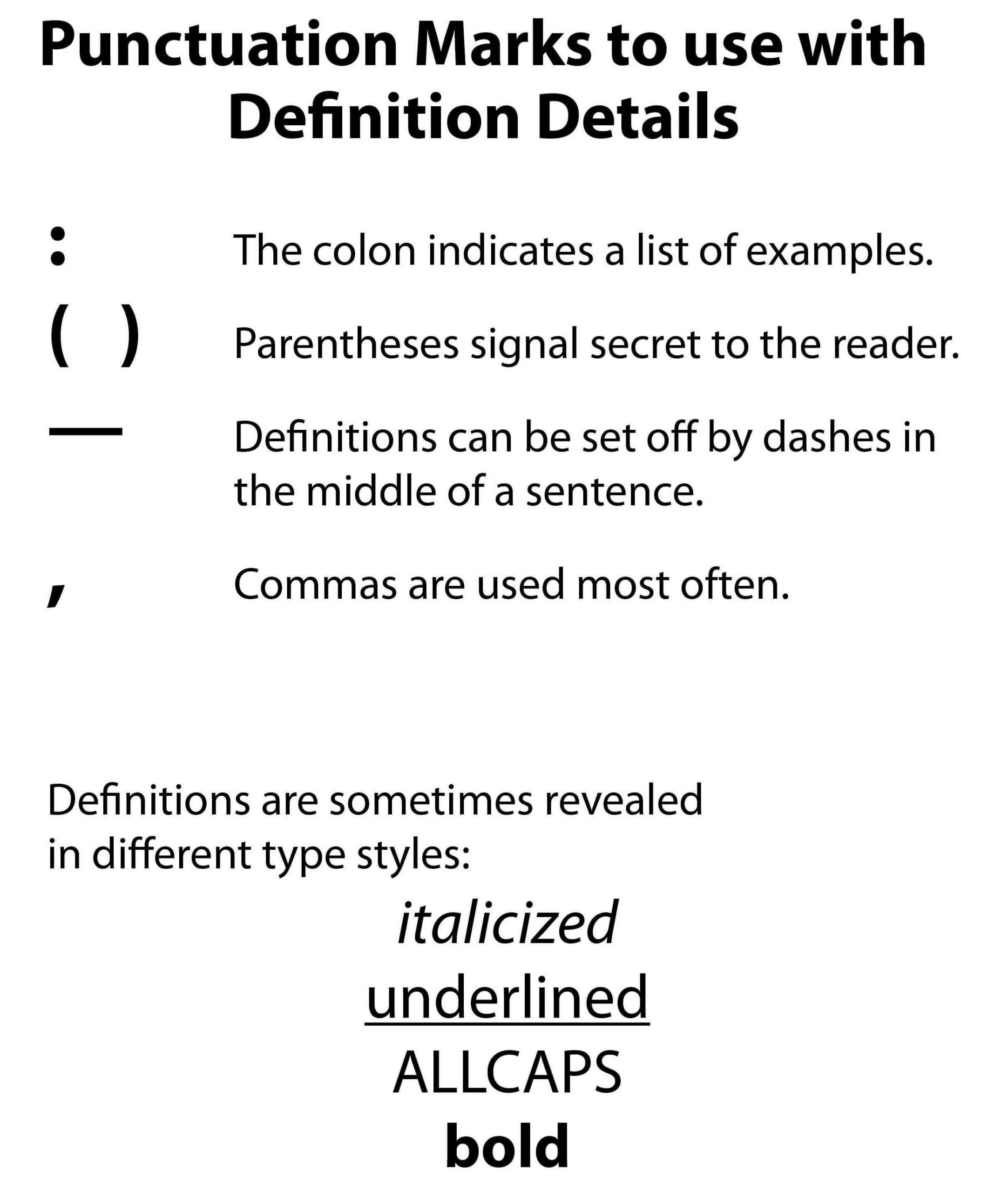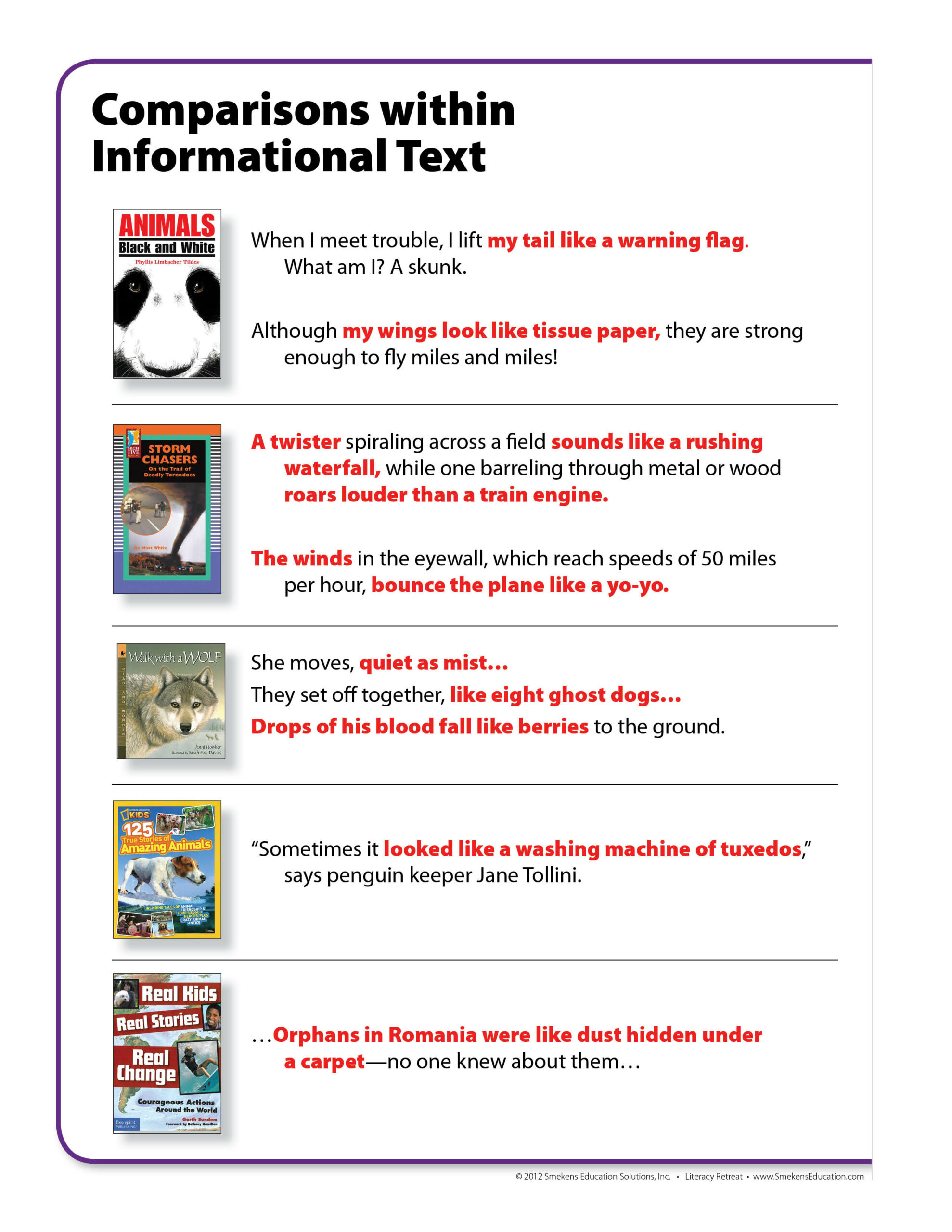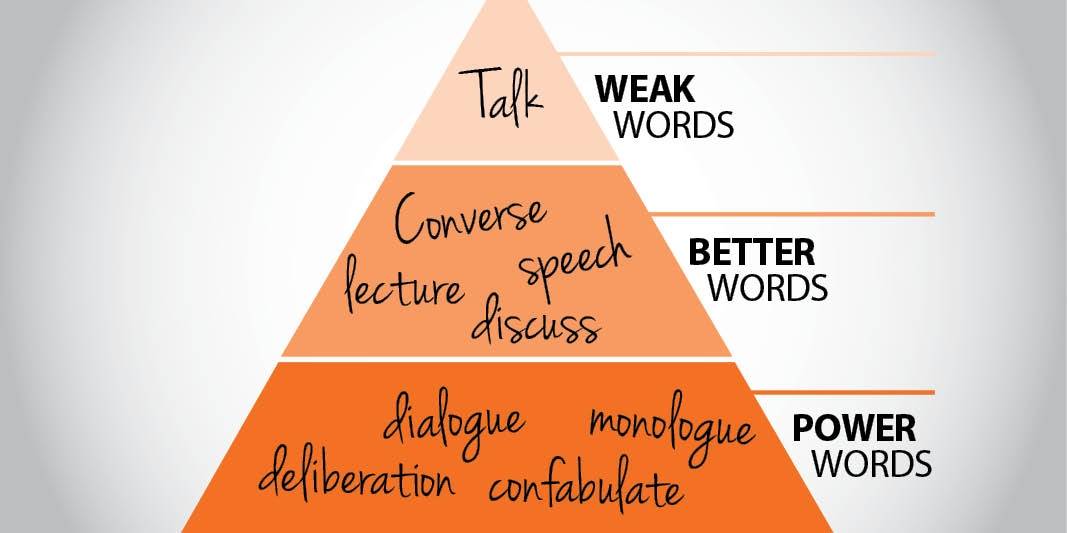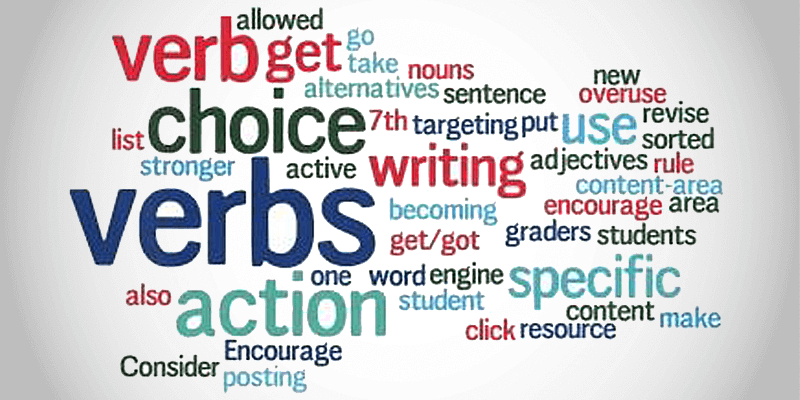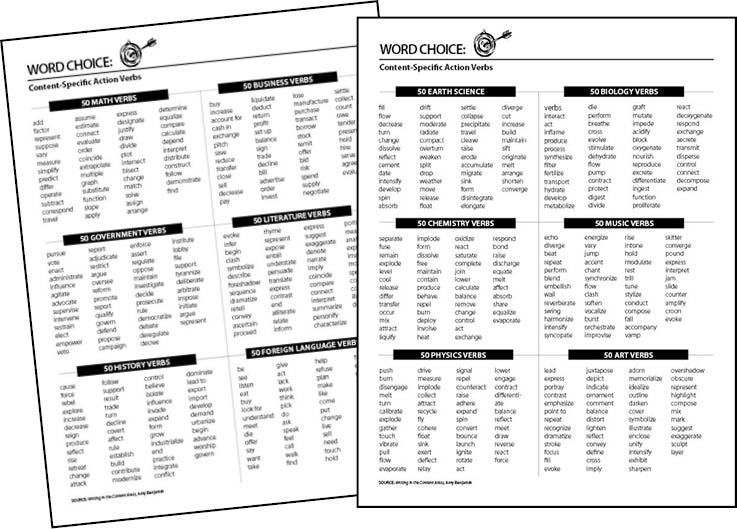writing essentials:
genre-based writing instruction
Part 1 Secret Site
PRIORITIZE THE “INFO”

Links to Assignments in Writable
Elementary Course Assignments
Middle School Course Assignments
High School Course Assignments
Target essential skills

Plan informative-writing experiences.
Tie the three major writing standards to author purposes.
Focus on the “trump” traits.
Purchase additional informative-writing resources.
Identify areas of expertise

Write about familiar texts.
Write about familiar topics.

Teach grocery-list pre-writing.
Use Boxes & Bullets to identify the key idea and its smaller facts and details.
Focus just on collecting information in a list.
Poster | PDF| Google Slide | Jamboard | Word | Smartboard
Clarify listy v. developed
Define the goal.
NOT THE GOAL | Reveal a list of important points and a sentence defining each one.
THE BASIC GOAL | Reveal multiple sentences about a single important point.
THE IDEAL GOAL | Reveal a meaty paragraph with a lot of detail about one important point.
Depict “developed” visually.
ANCHOR CHART | Go from dim to bright with more sentences using the “Bright Ideas Light Bulb.”
ANCHOR CHART | Each idea is a deflated balloon that needs to have additional sentences “pumped” into it.
ANCHOR CHART | Take regular-sized ideas and supersize them with the giant magic straw.
Develop any idea with universal details
This same concept can be taught at any grade level—just use different anchor papers.
View 9th grade mini-lesson on developing paragraphs.
After revealing the before and after “Spring Break” examples, guide students to try adding legs to undeveloped ideas. Provide small groups or pairs one of these three possible examples.
Demonstrate elaboration with color.
View second grade mini-lesson on developing ideas with Sticky Dots.
Introduce types of details

Tell more with sensory details and description.
Push older writers to go beyond simply listing the five senses.
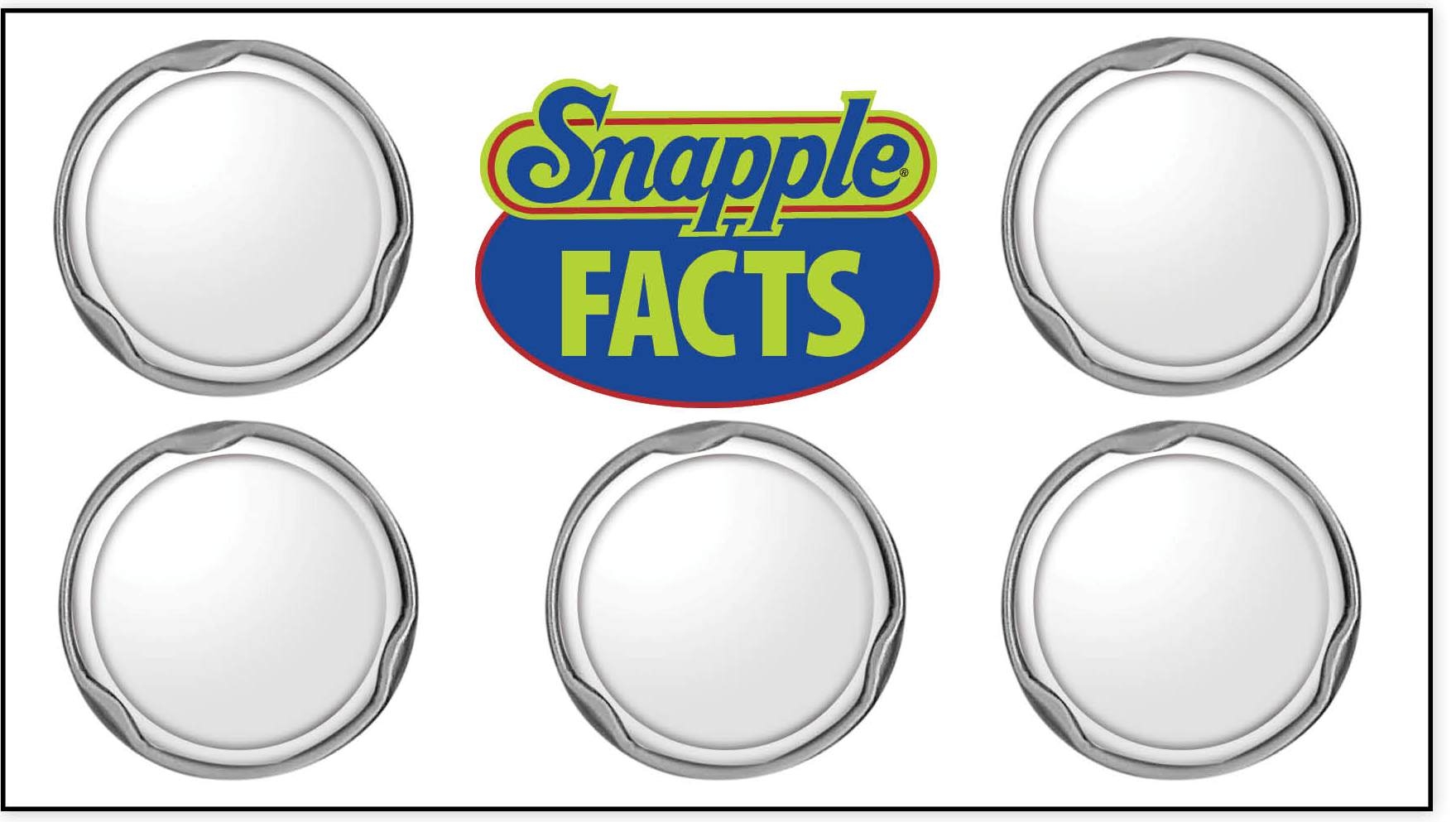
Add interest with surprising details.
Website | PDF | Google Jamboard
Teach younger writers to develop ideas by adding information to their pictures, labels, and lists.
Tell more with expert quotes.
Lifting information, and especially expert quotes, requires explicit instruction.
Provide explicit instruction on how to paraphrase author ideas.

Tell more with definition details.
Whenever including a specific term or vocabulary word, insert an explanation or synonym for the reader.
Tell more with action verbs.
List and incorporate action verbs that are associated with content-area topics.

